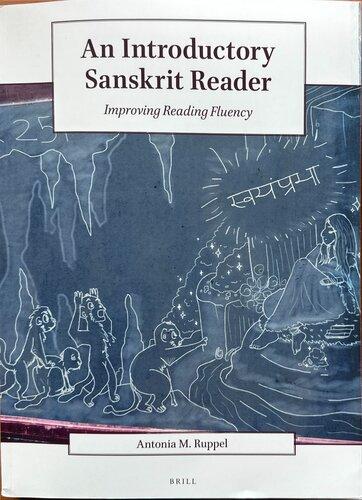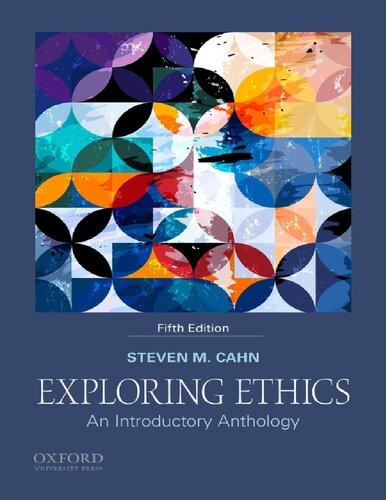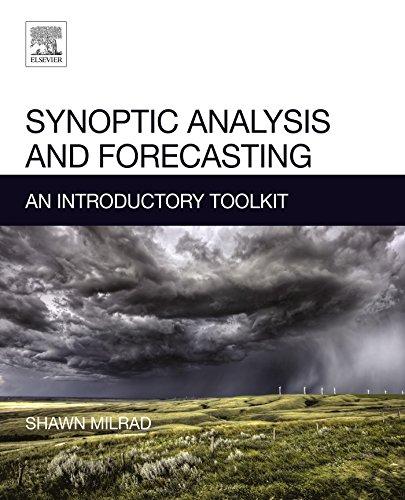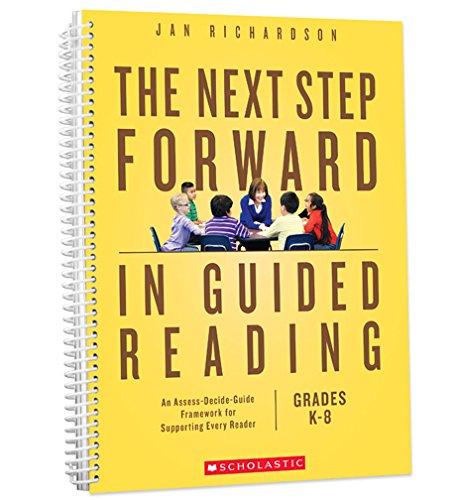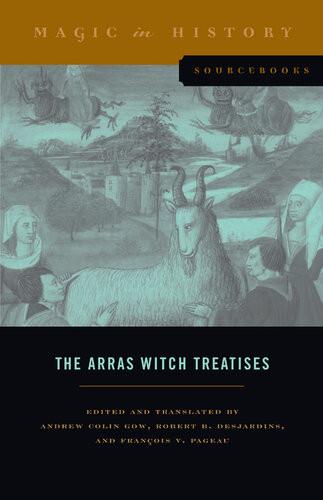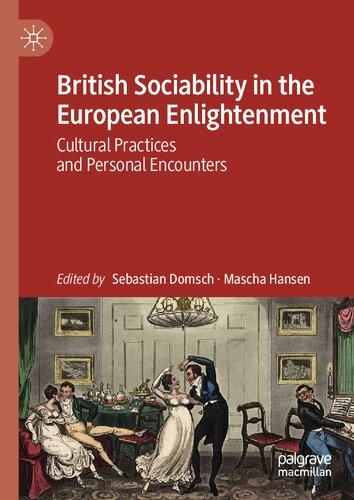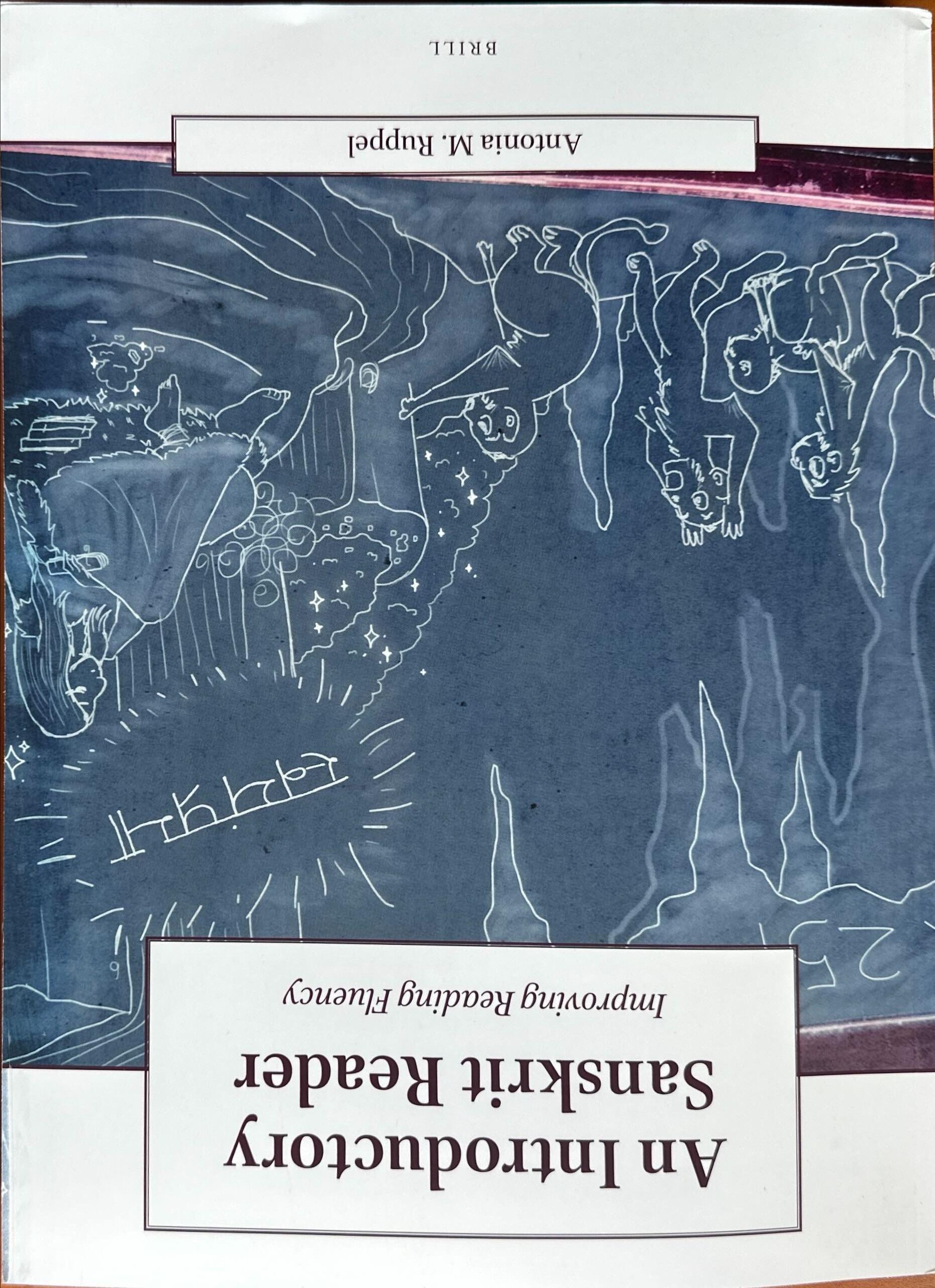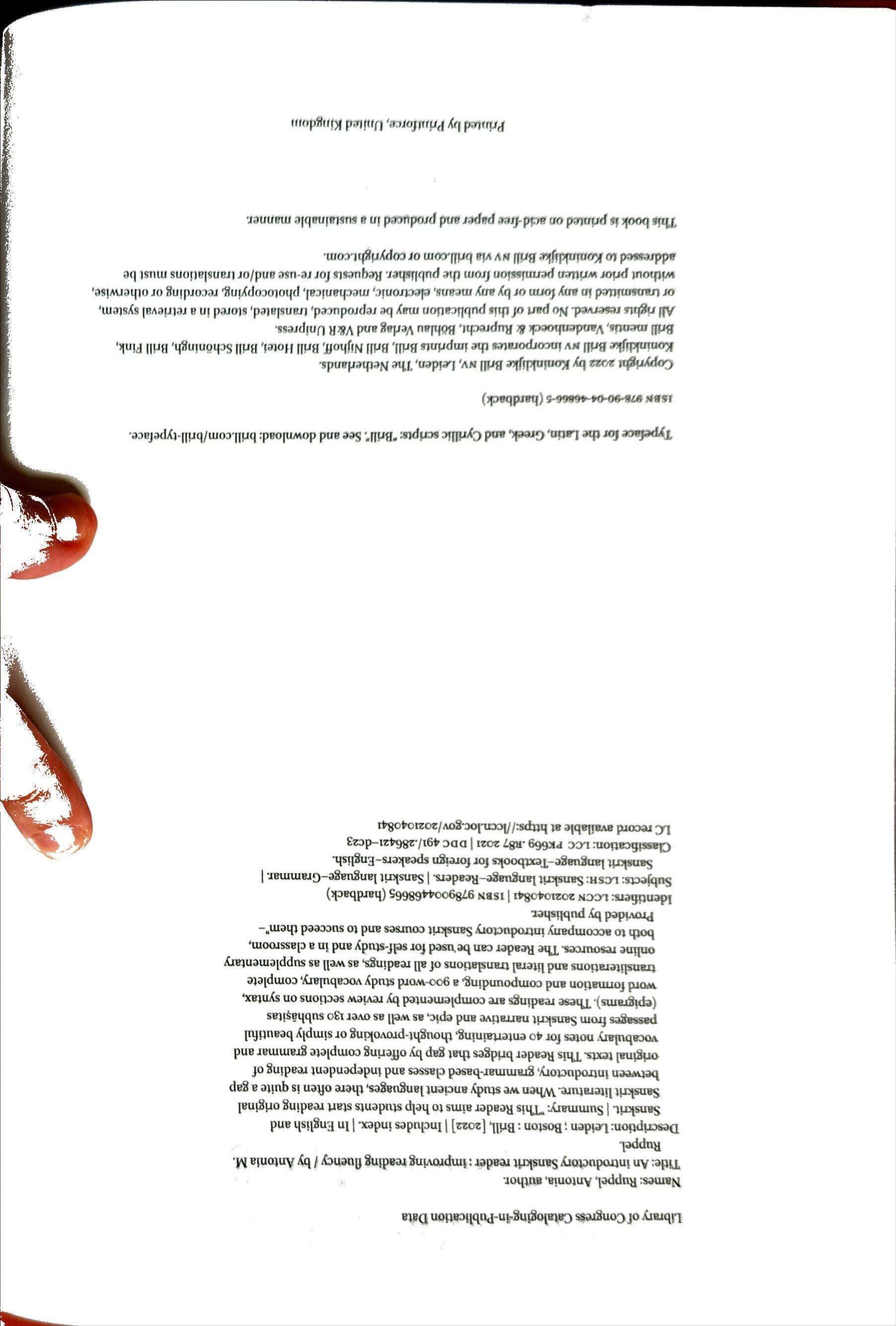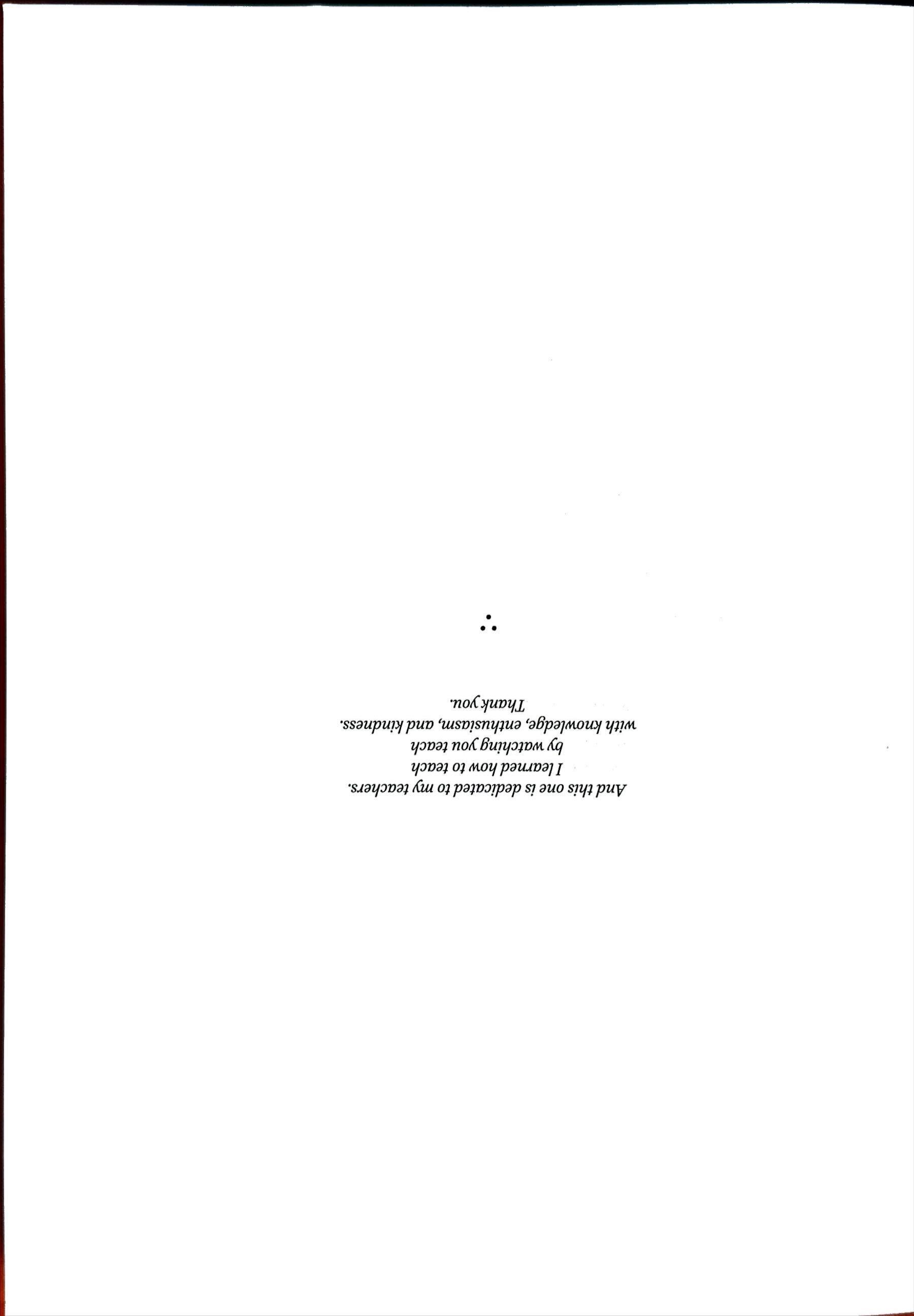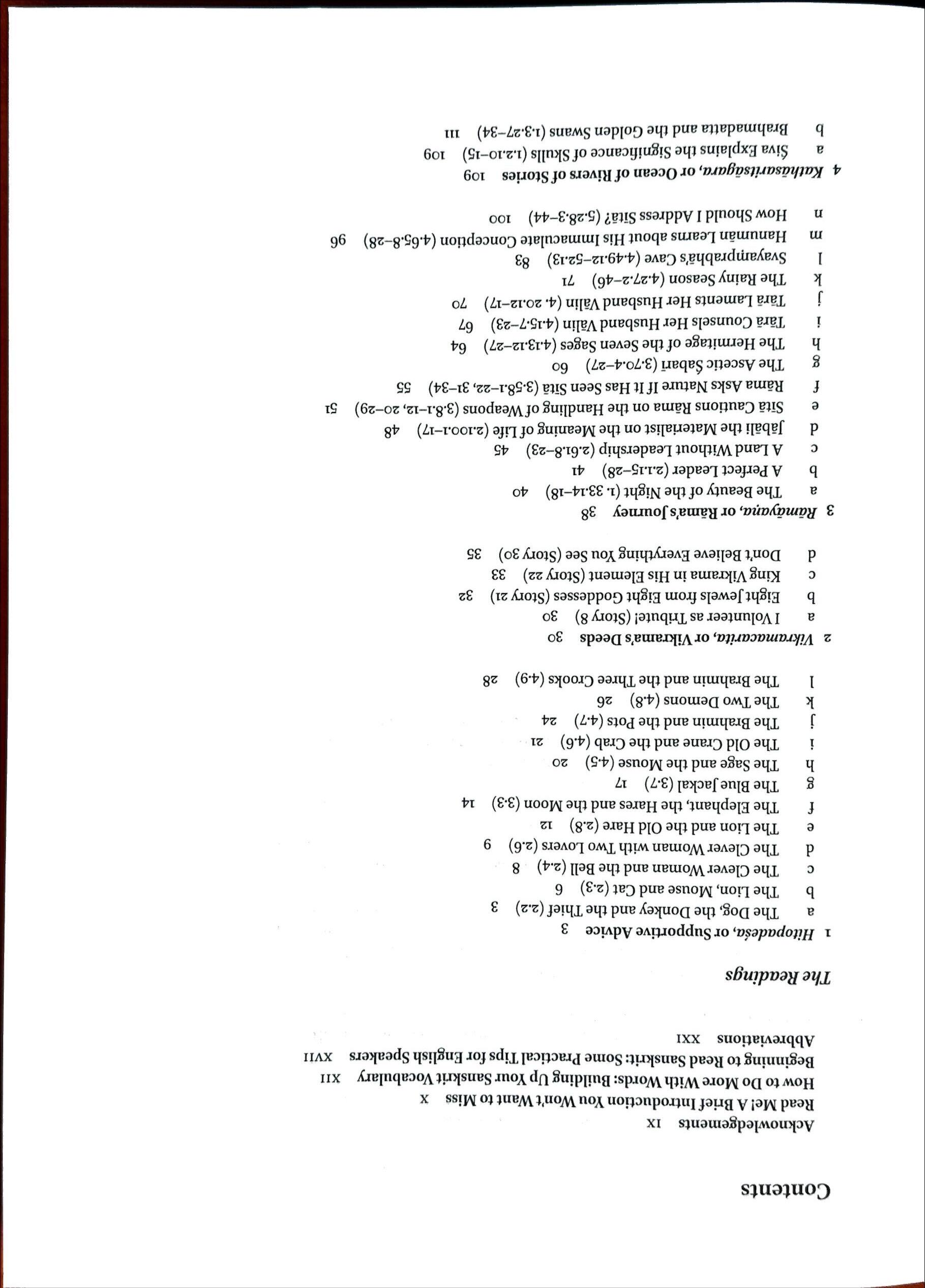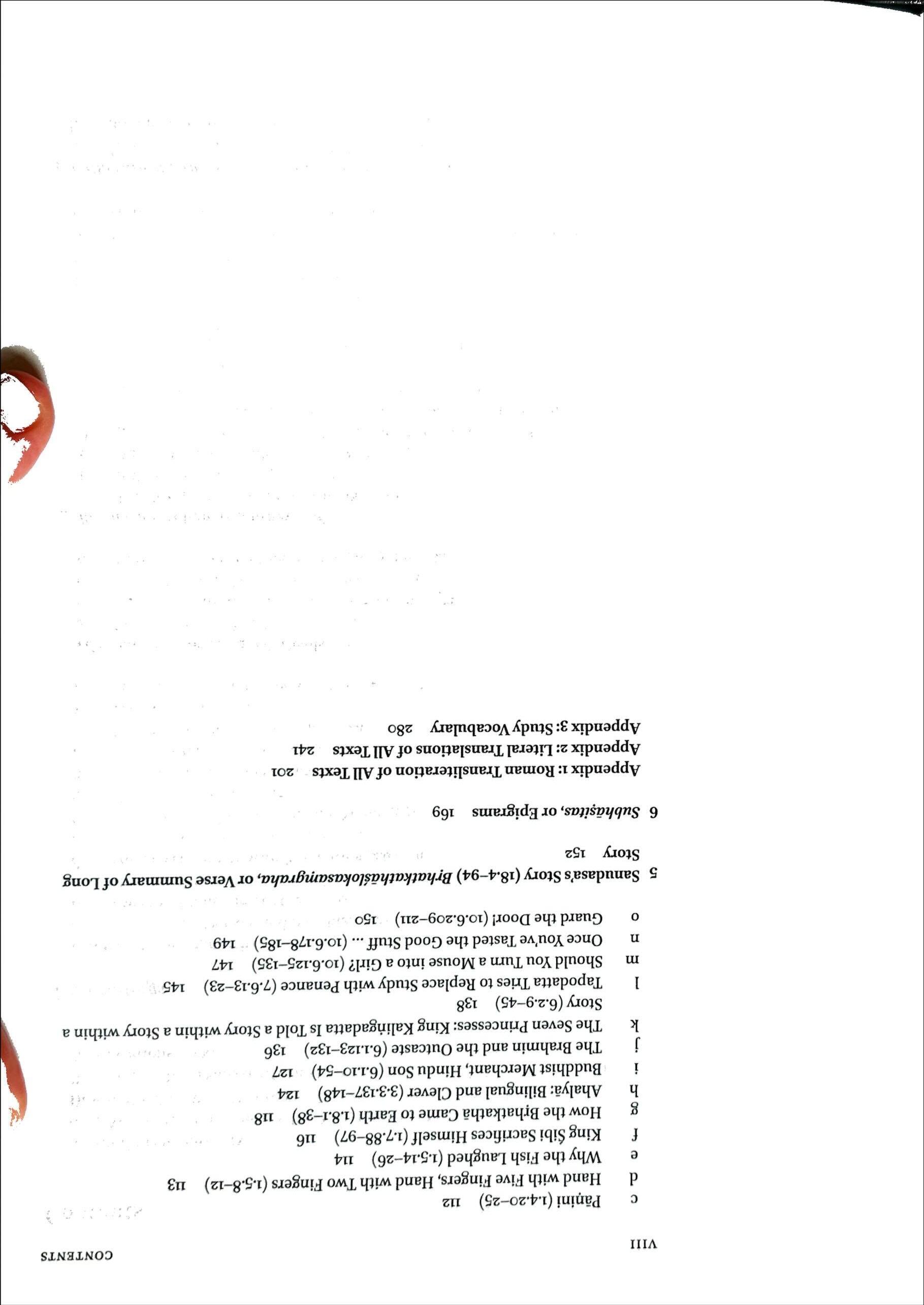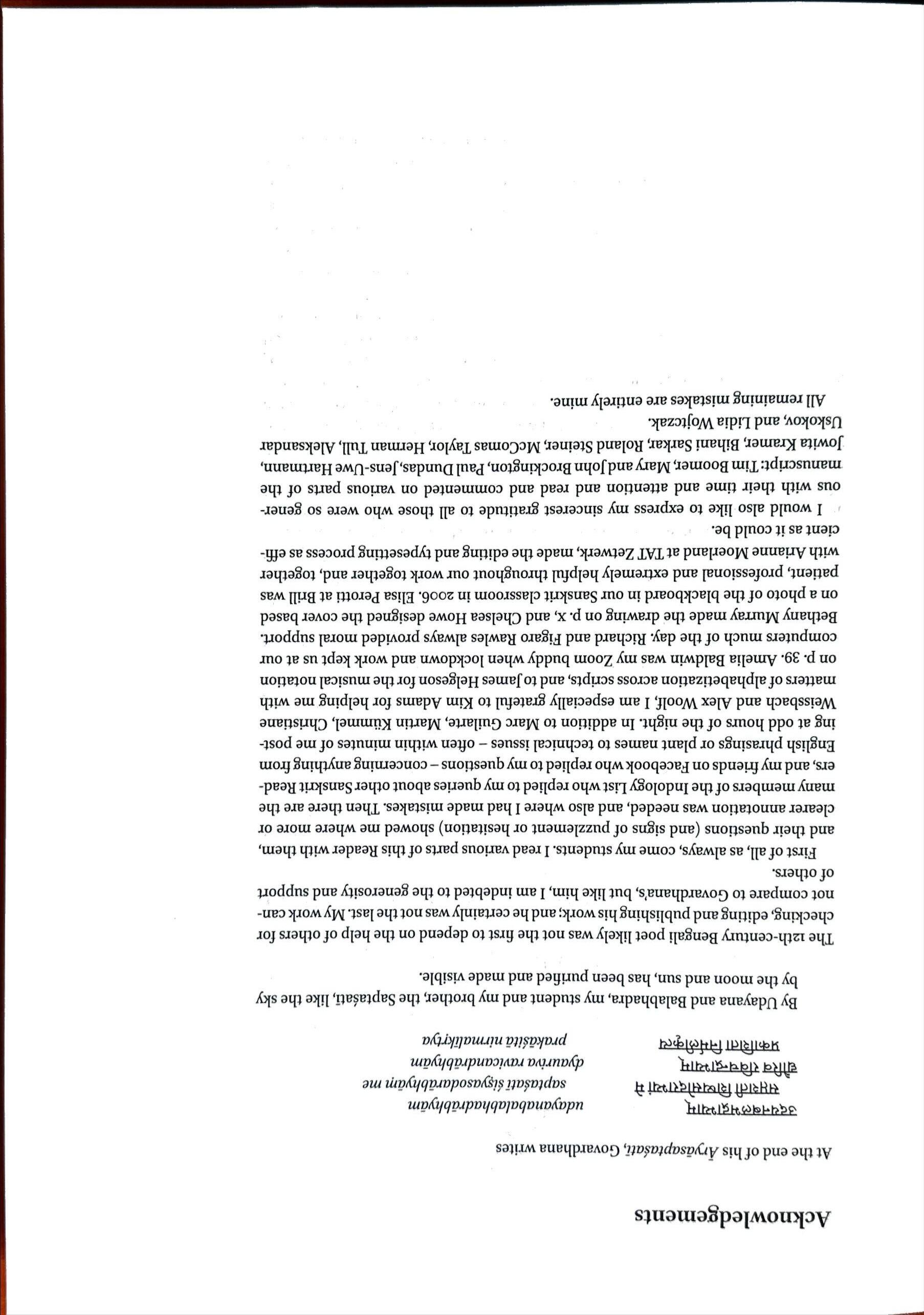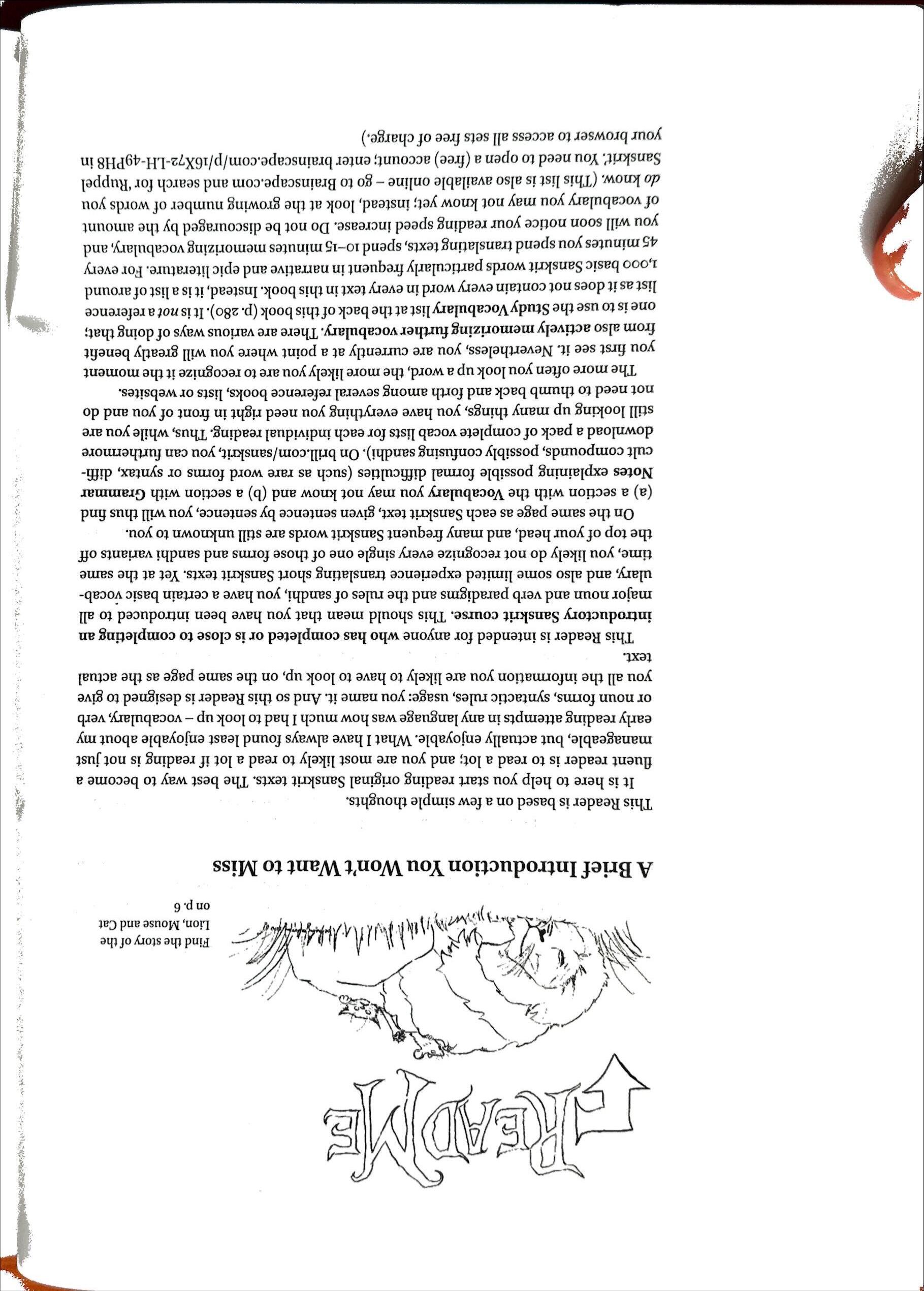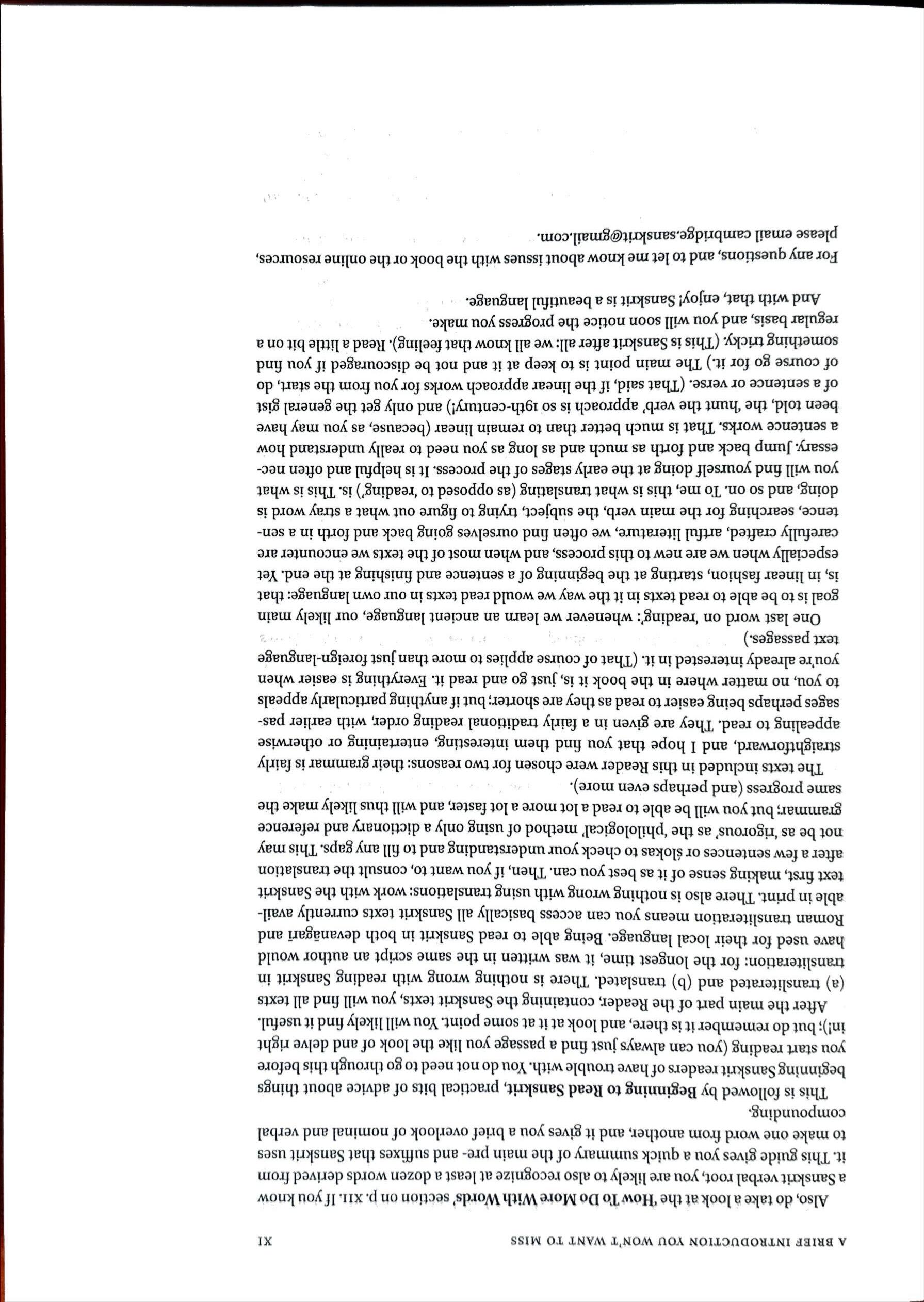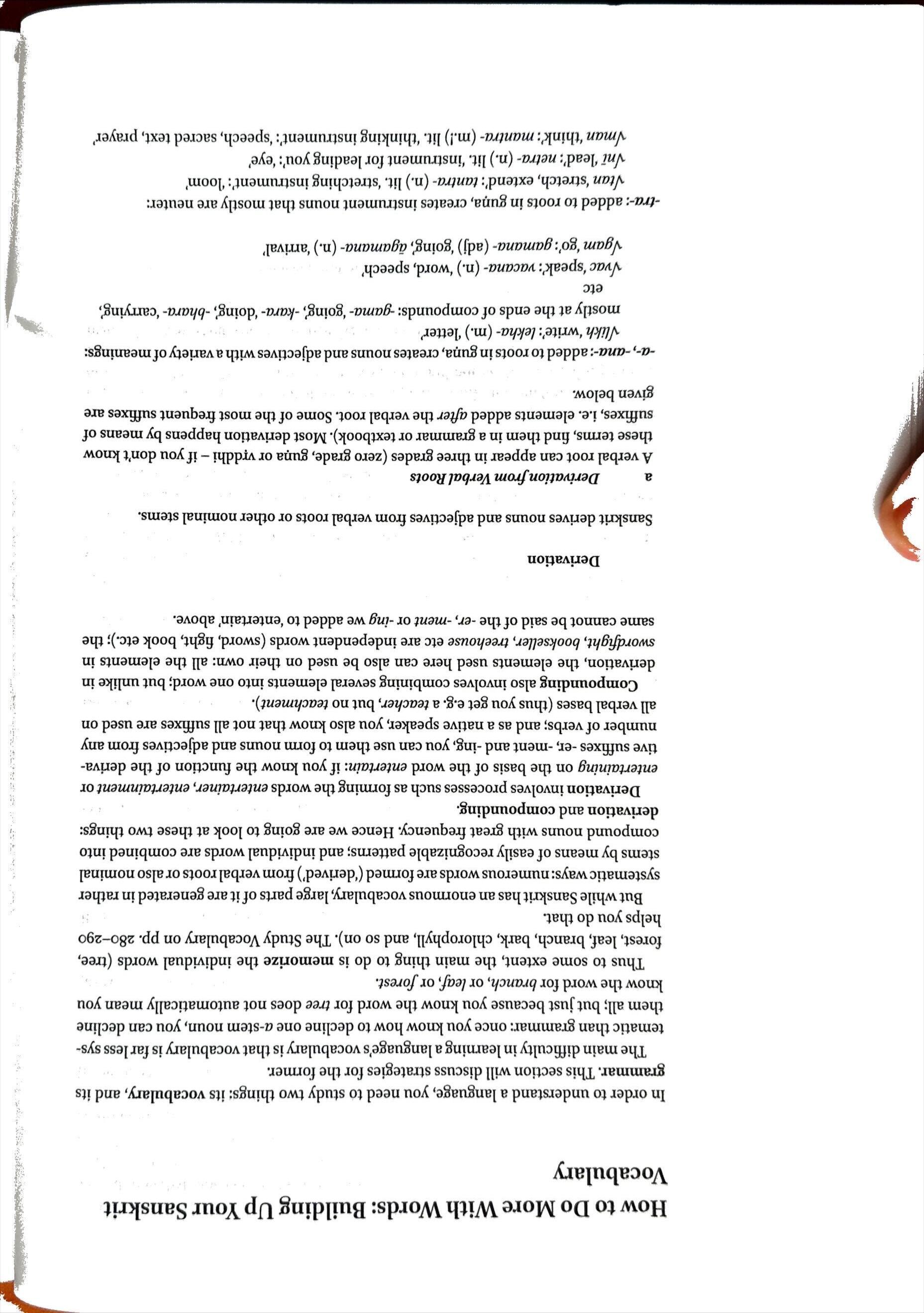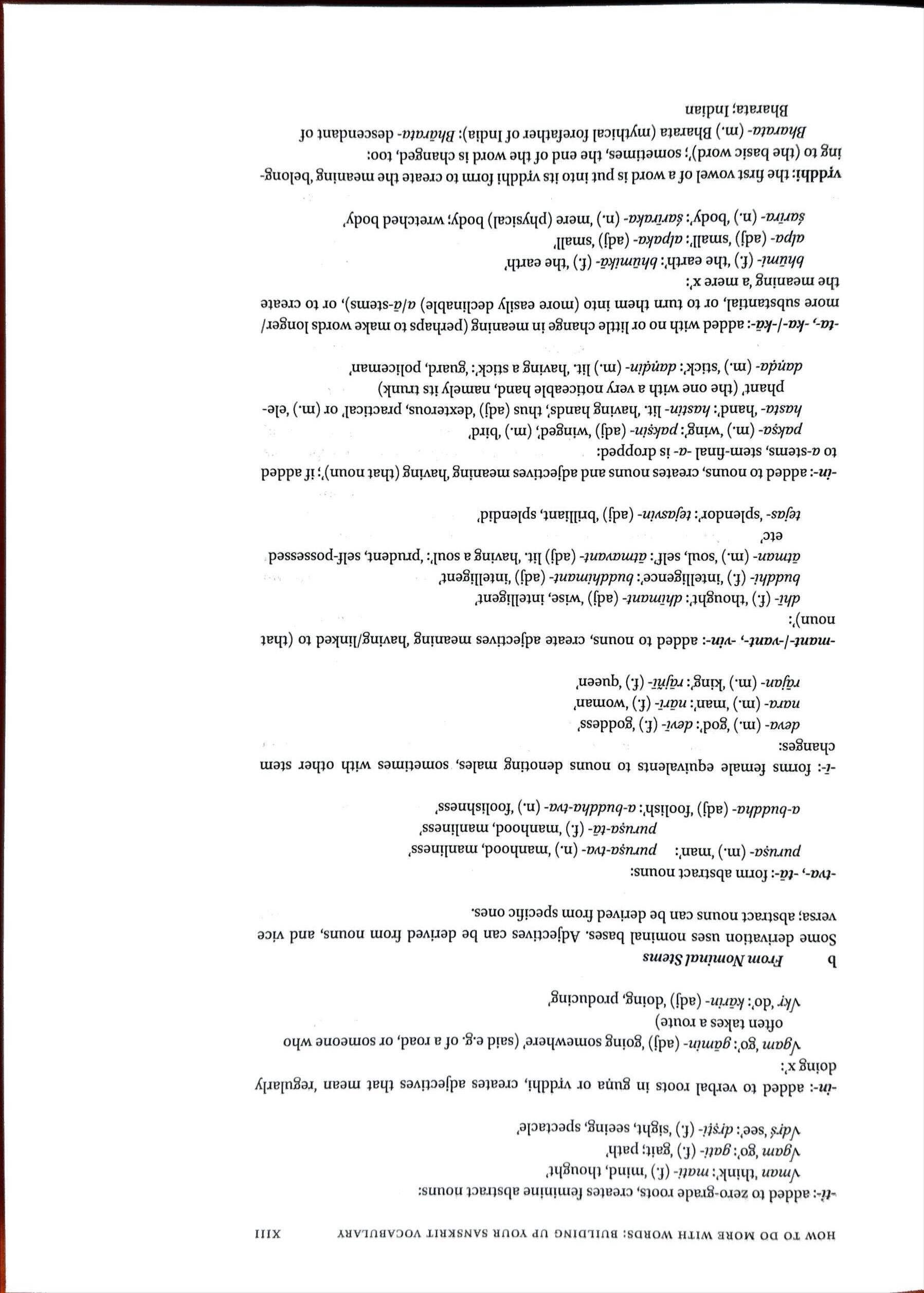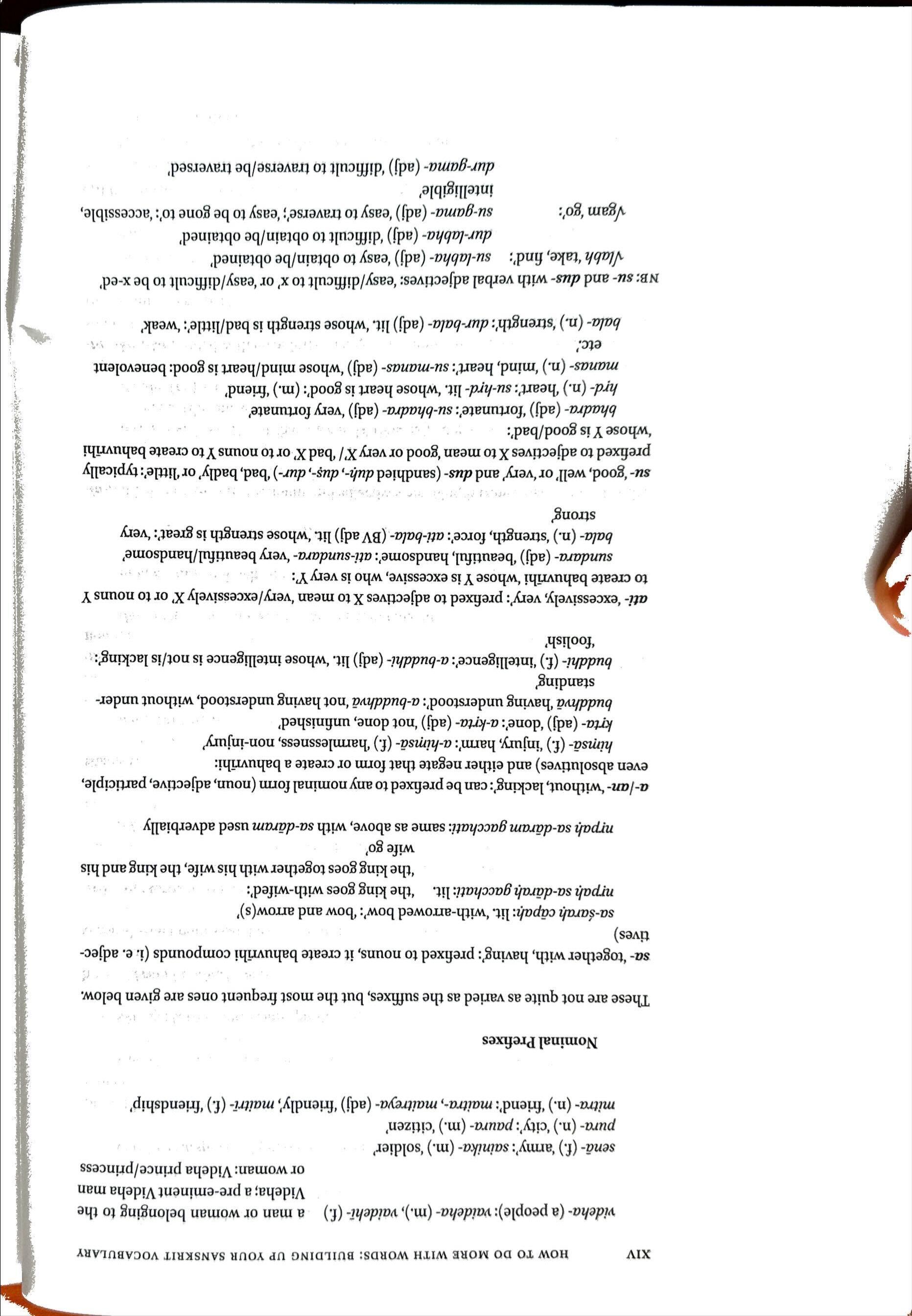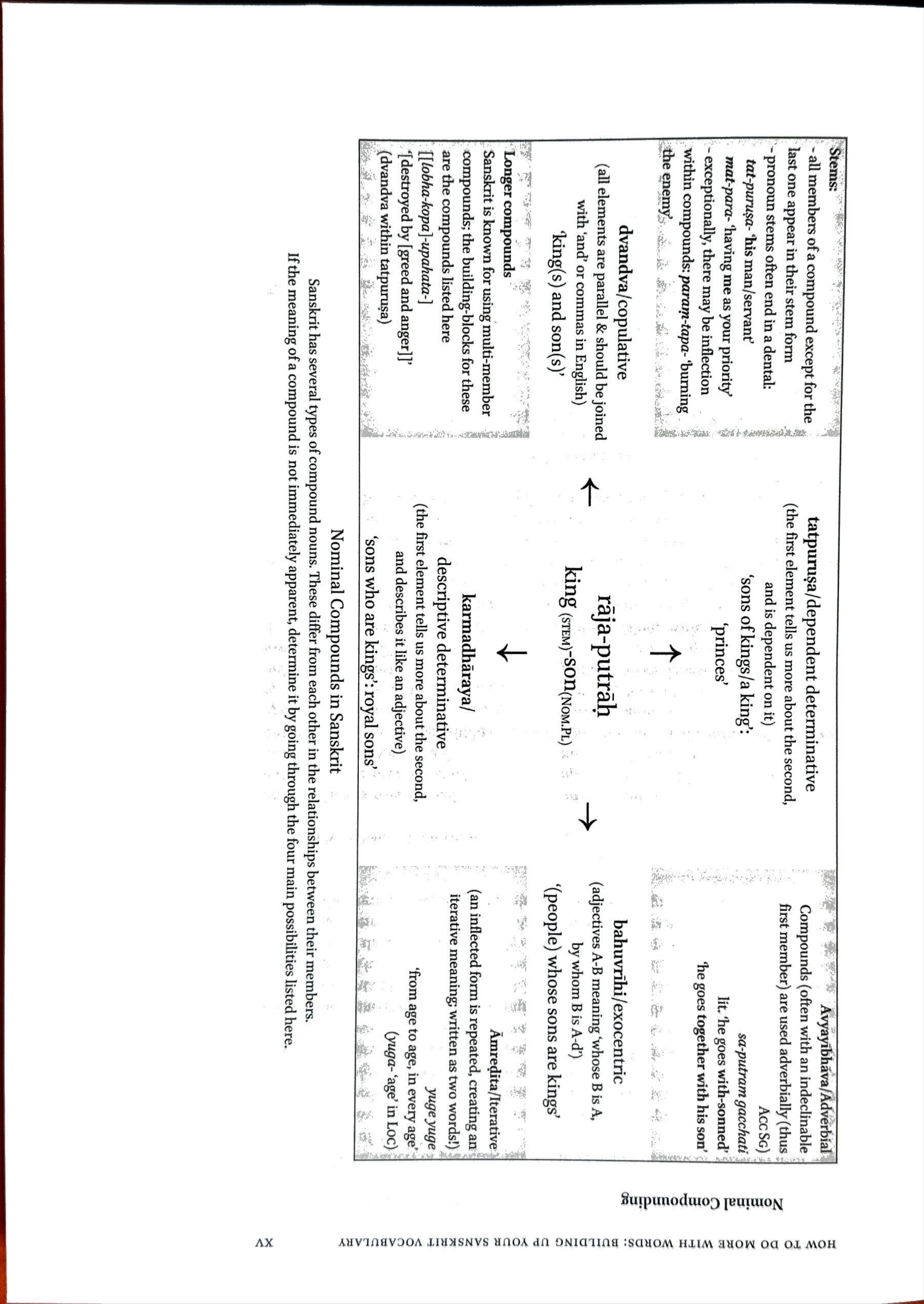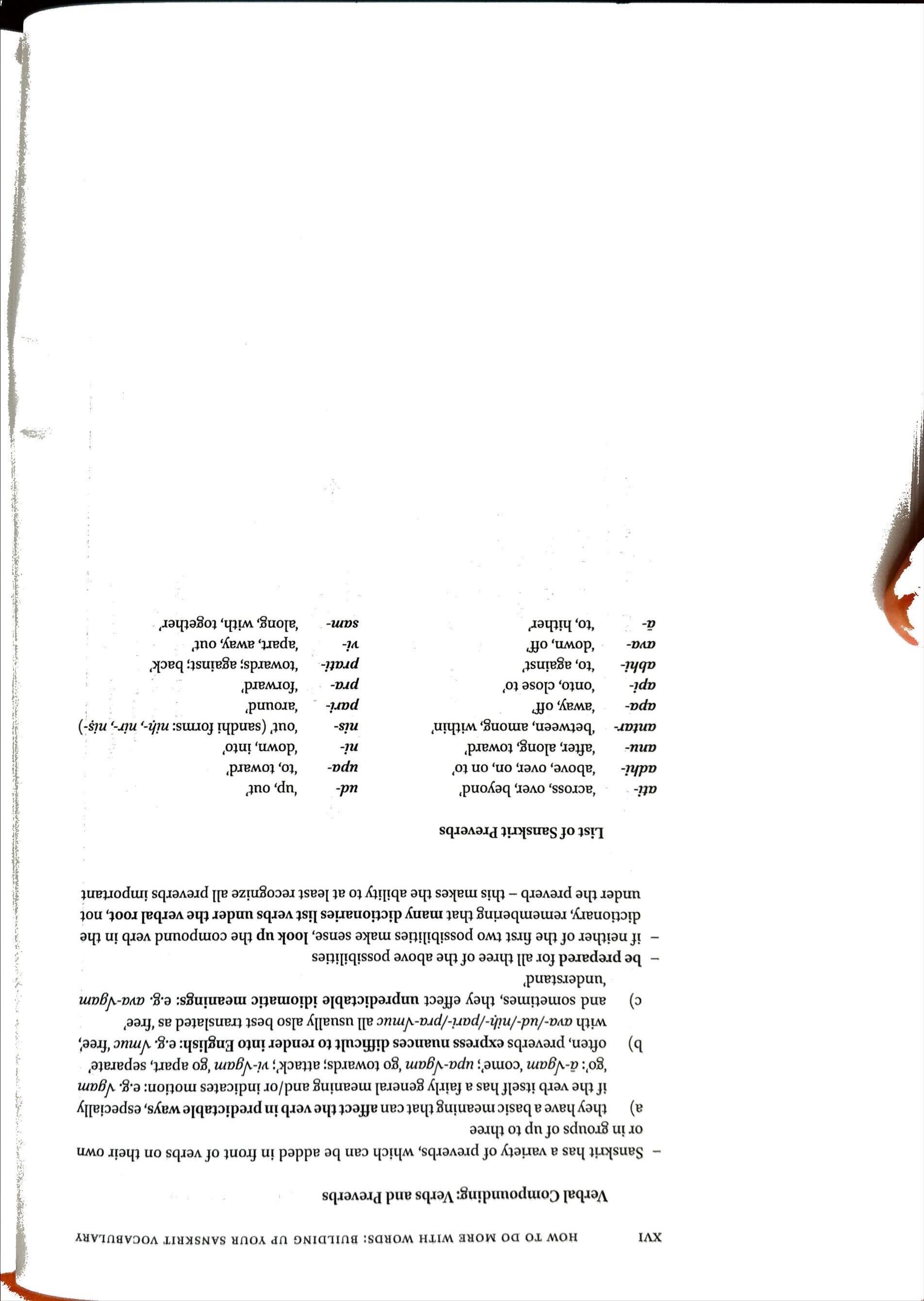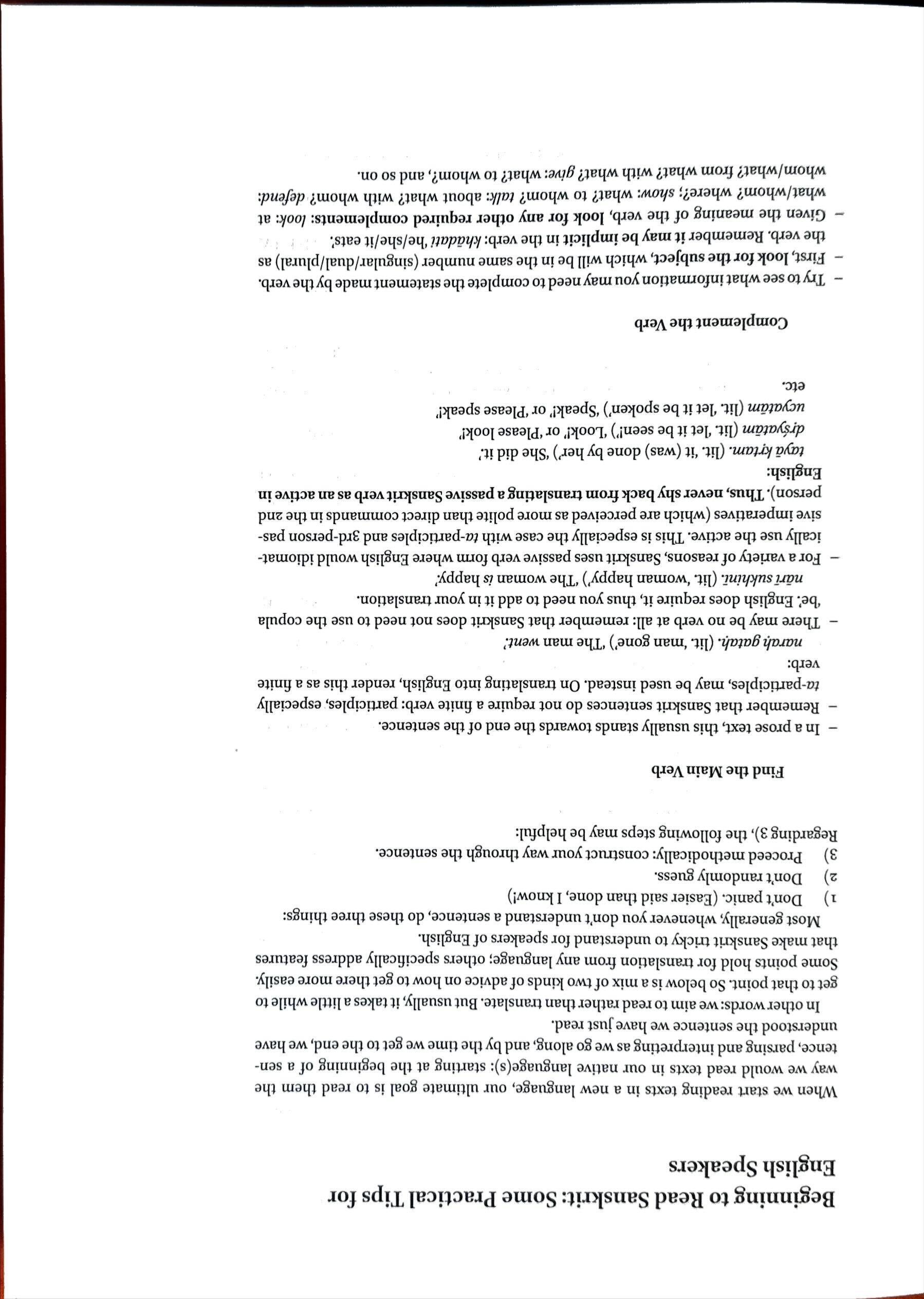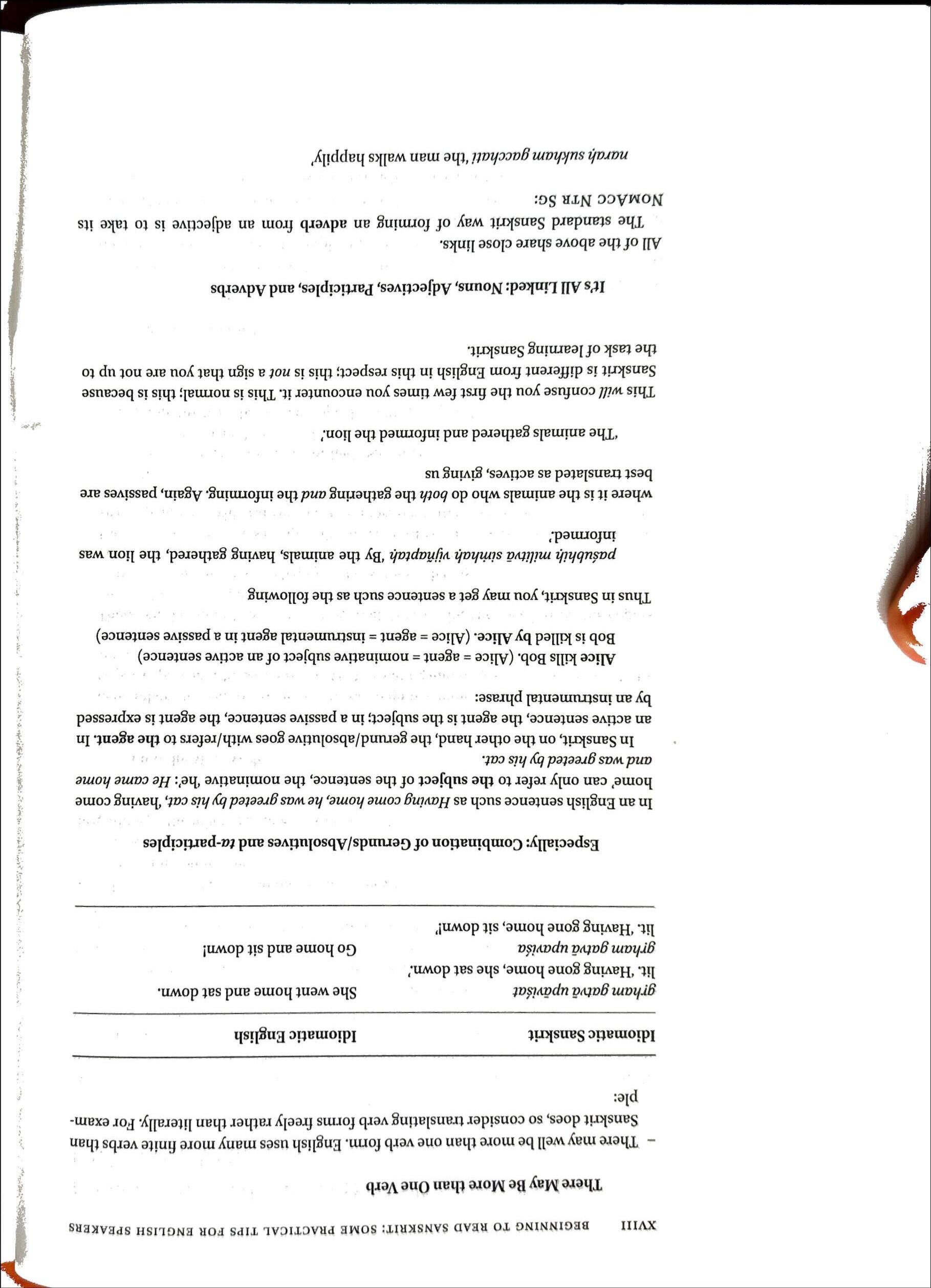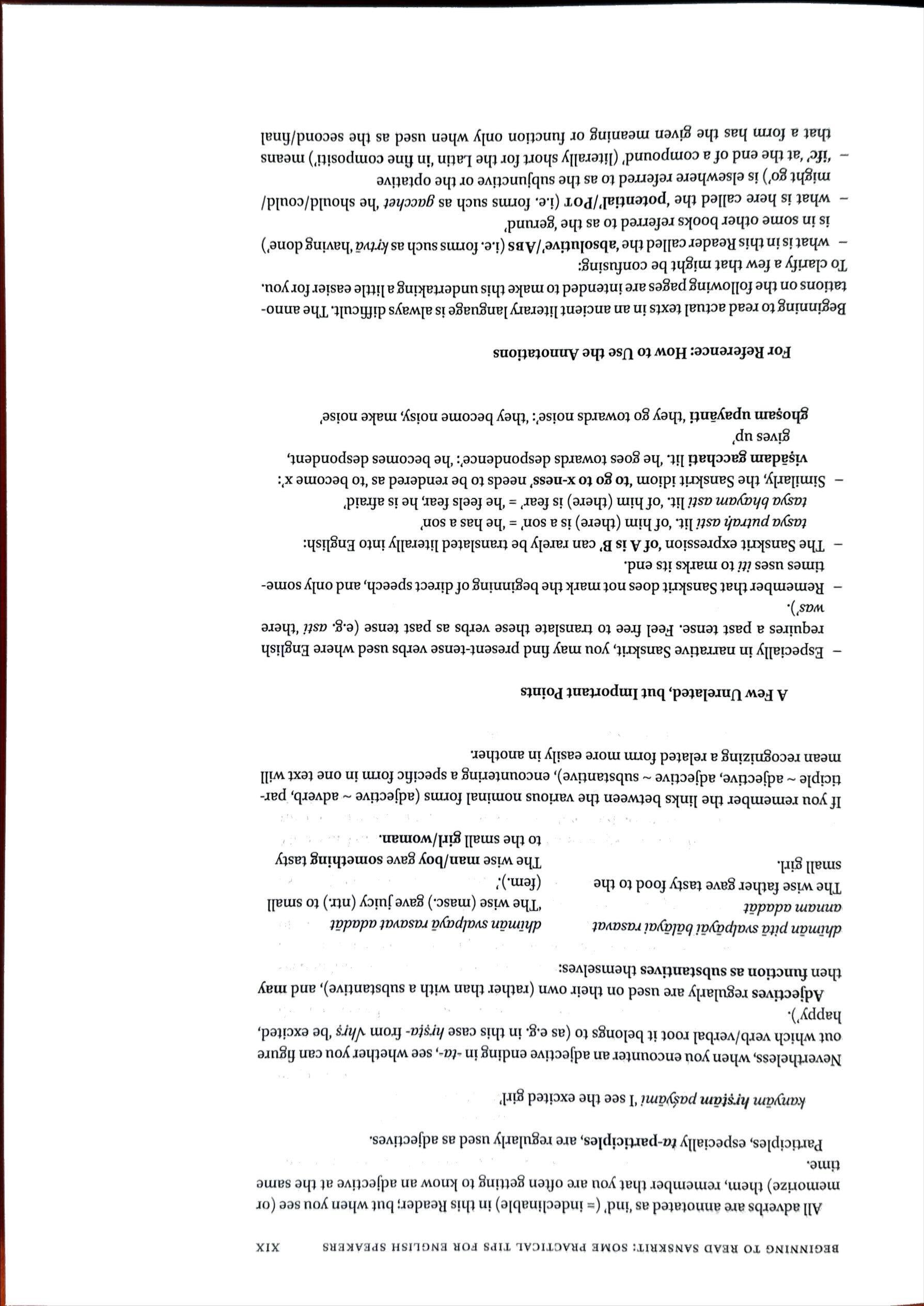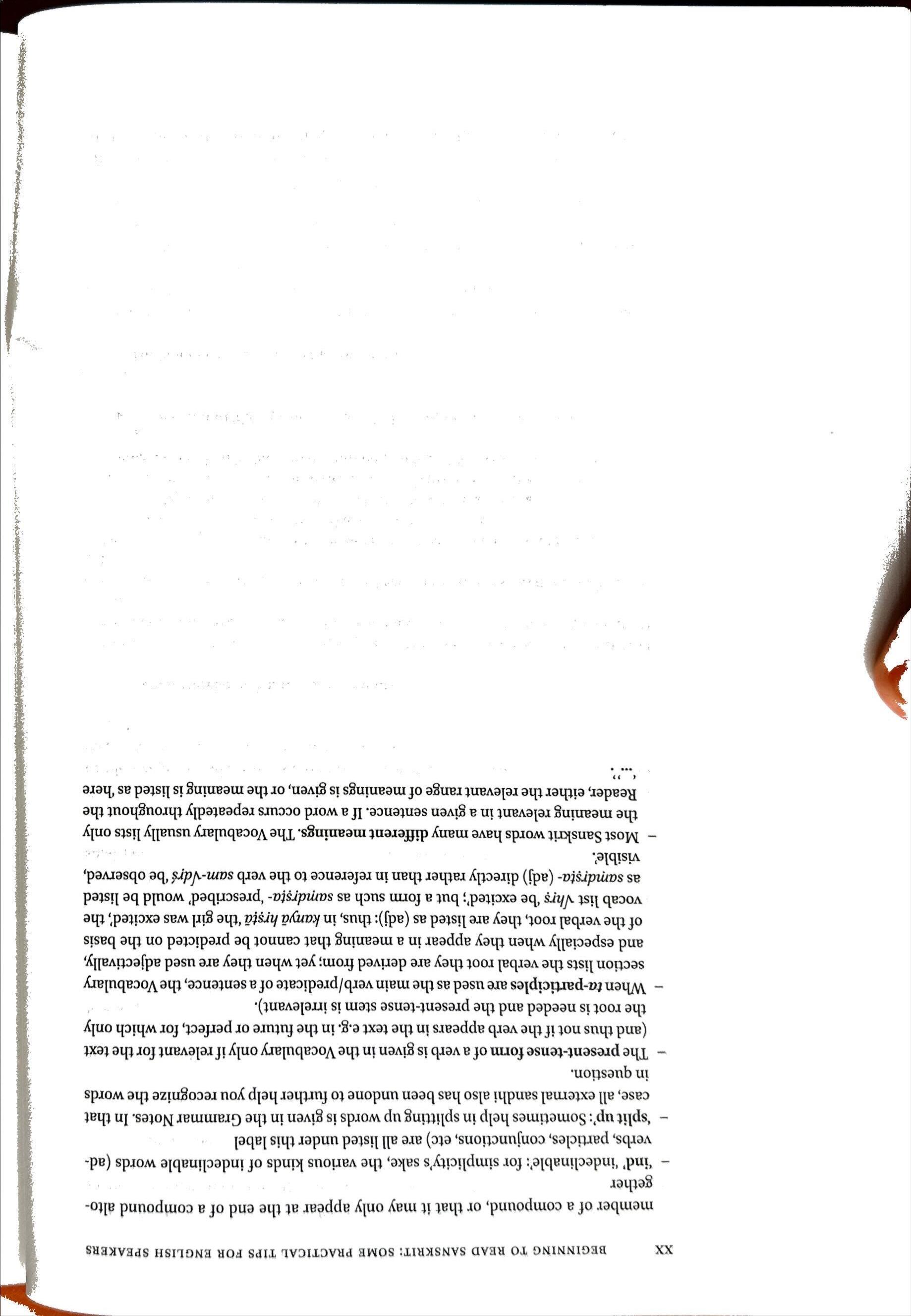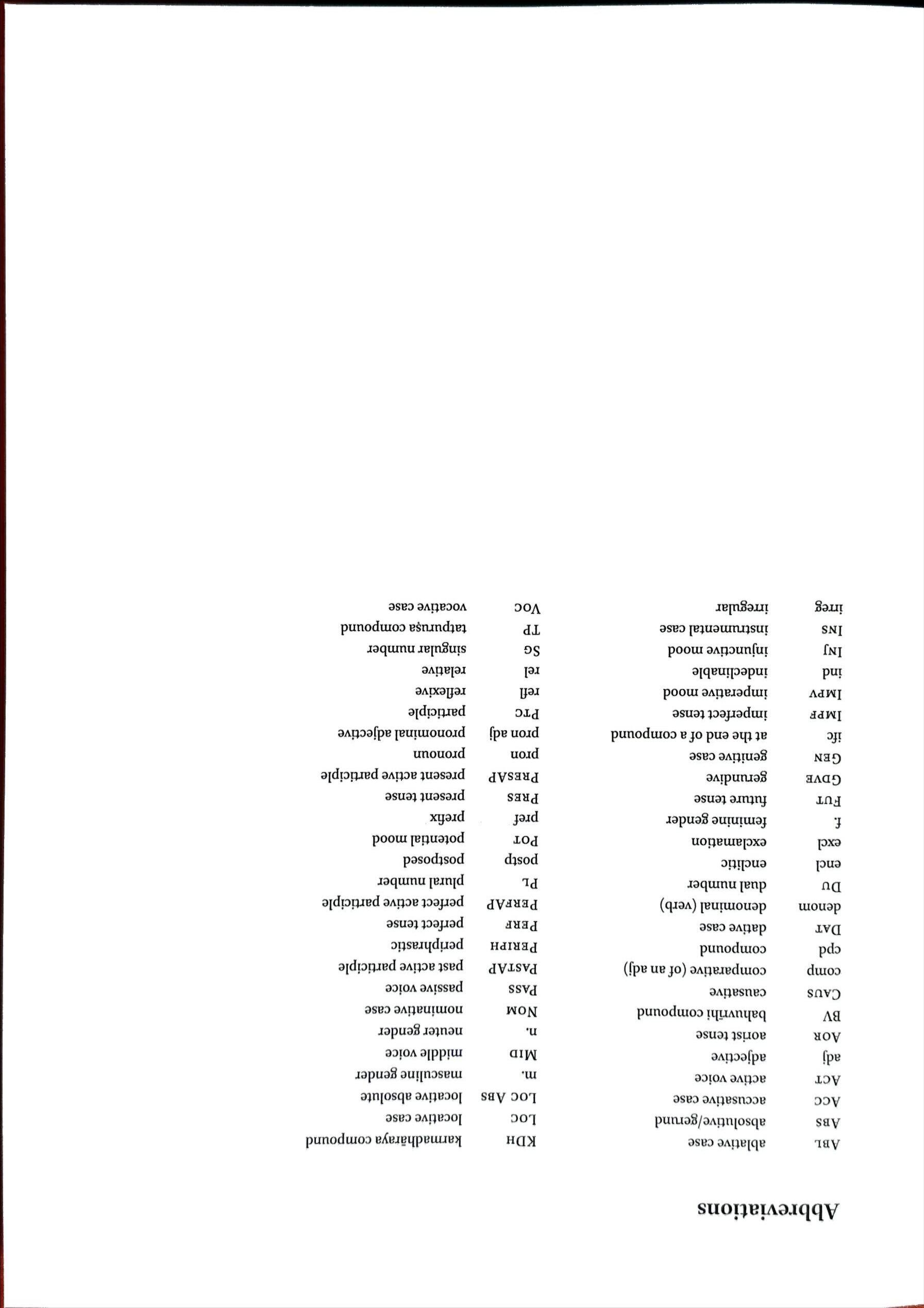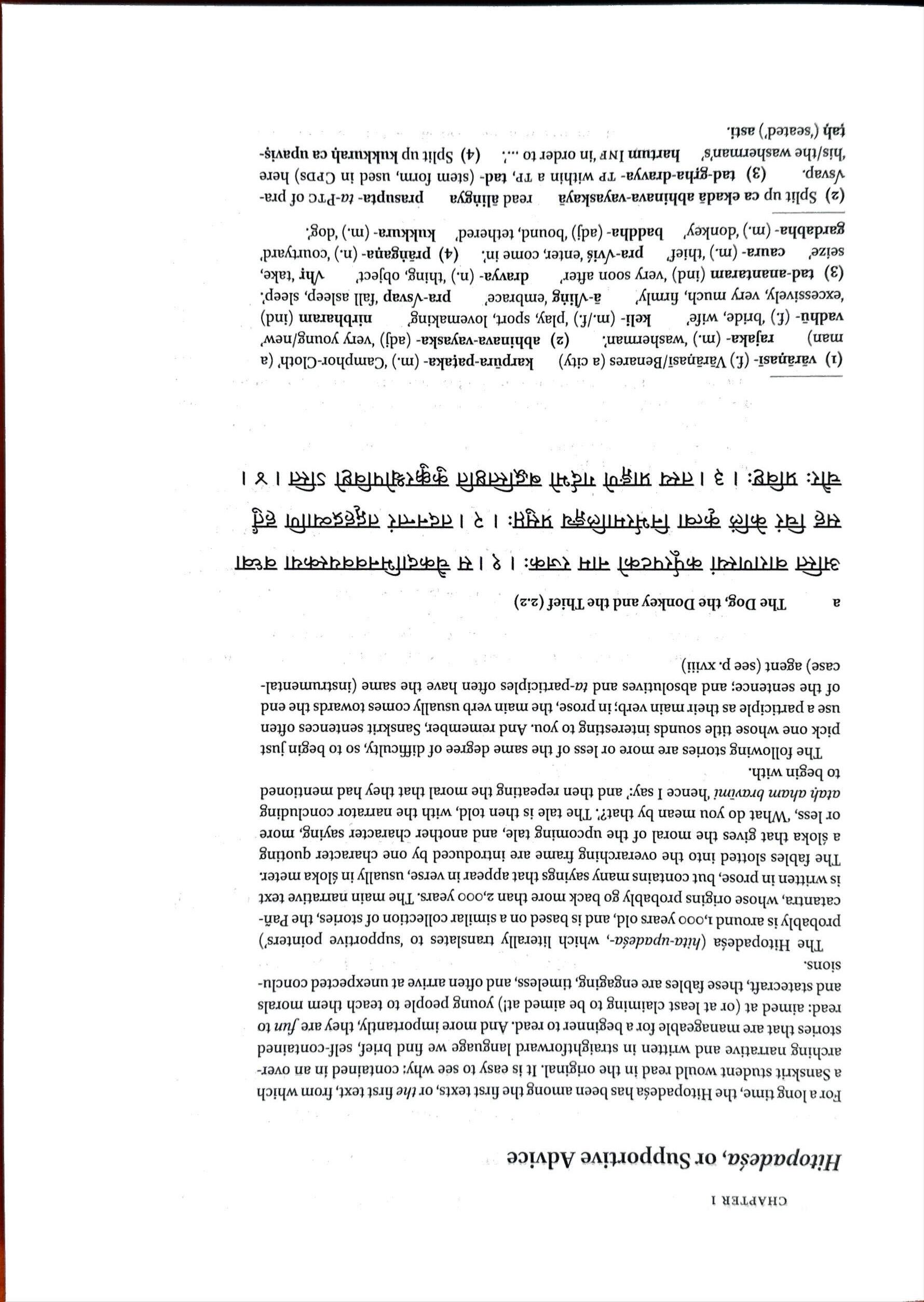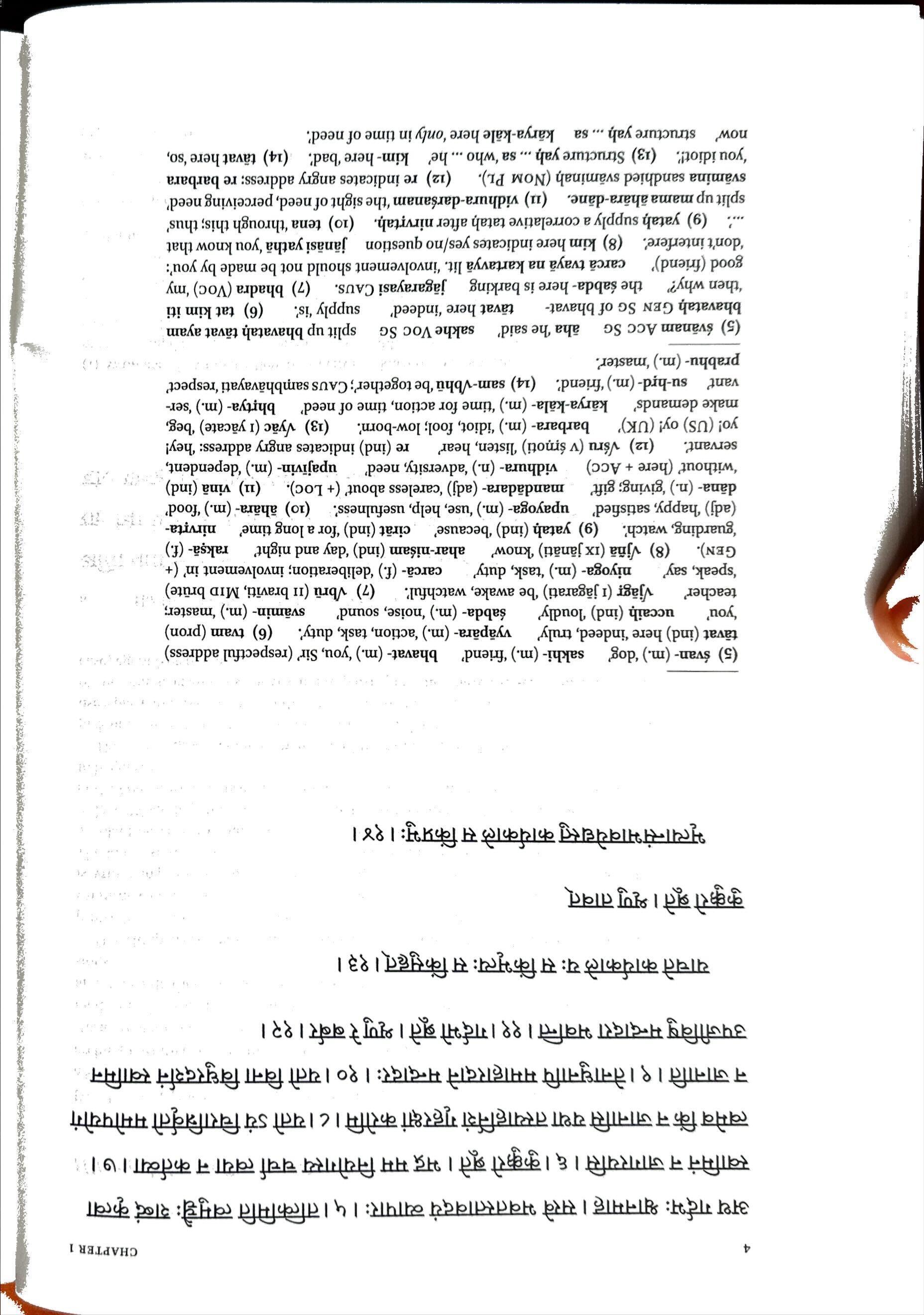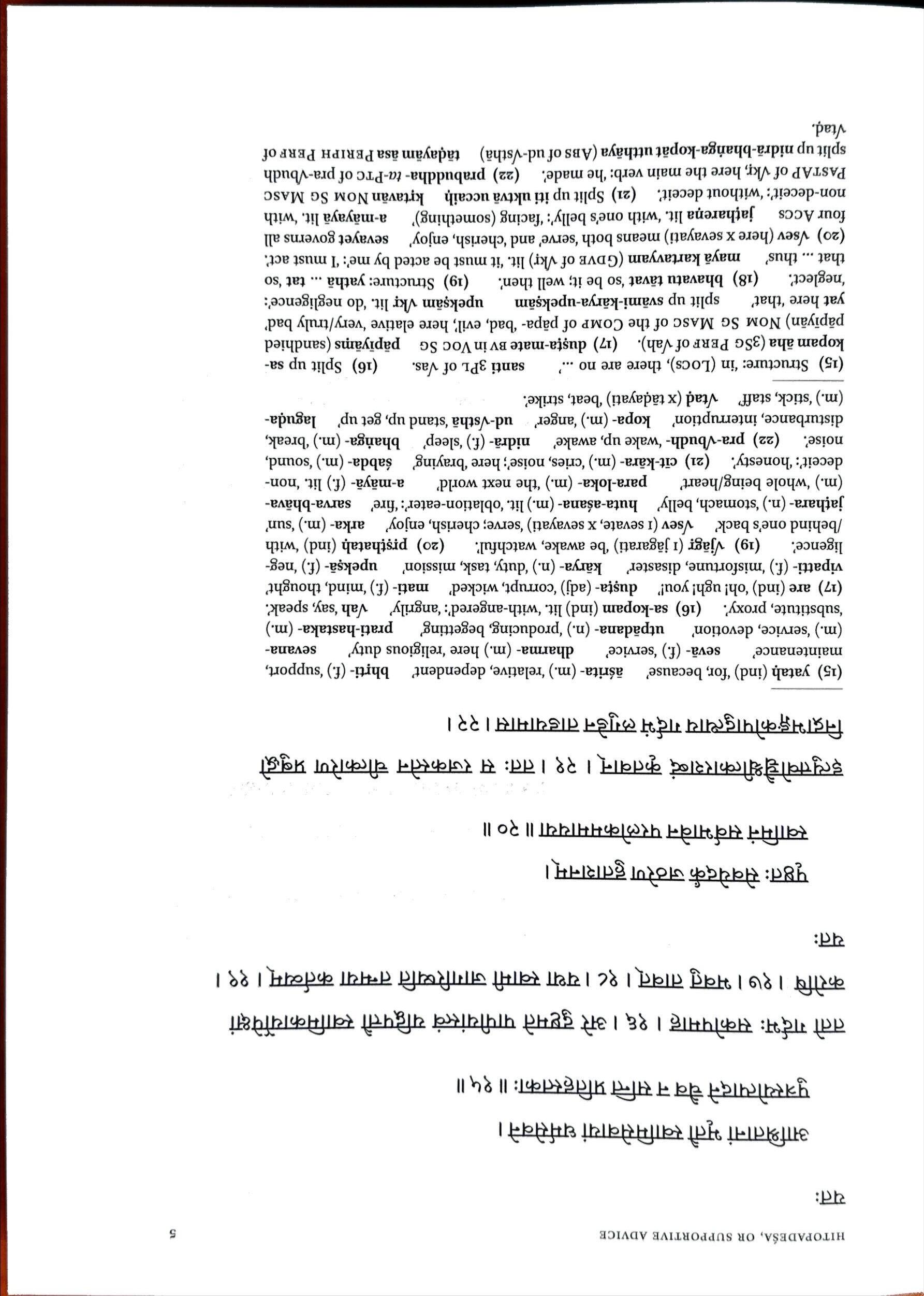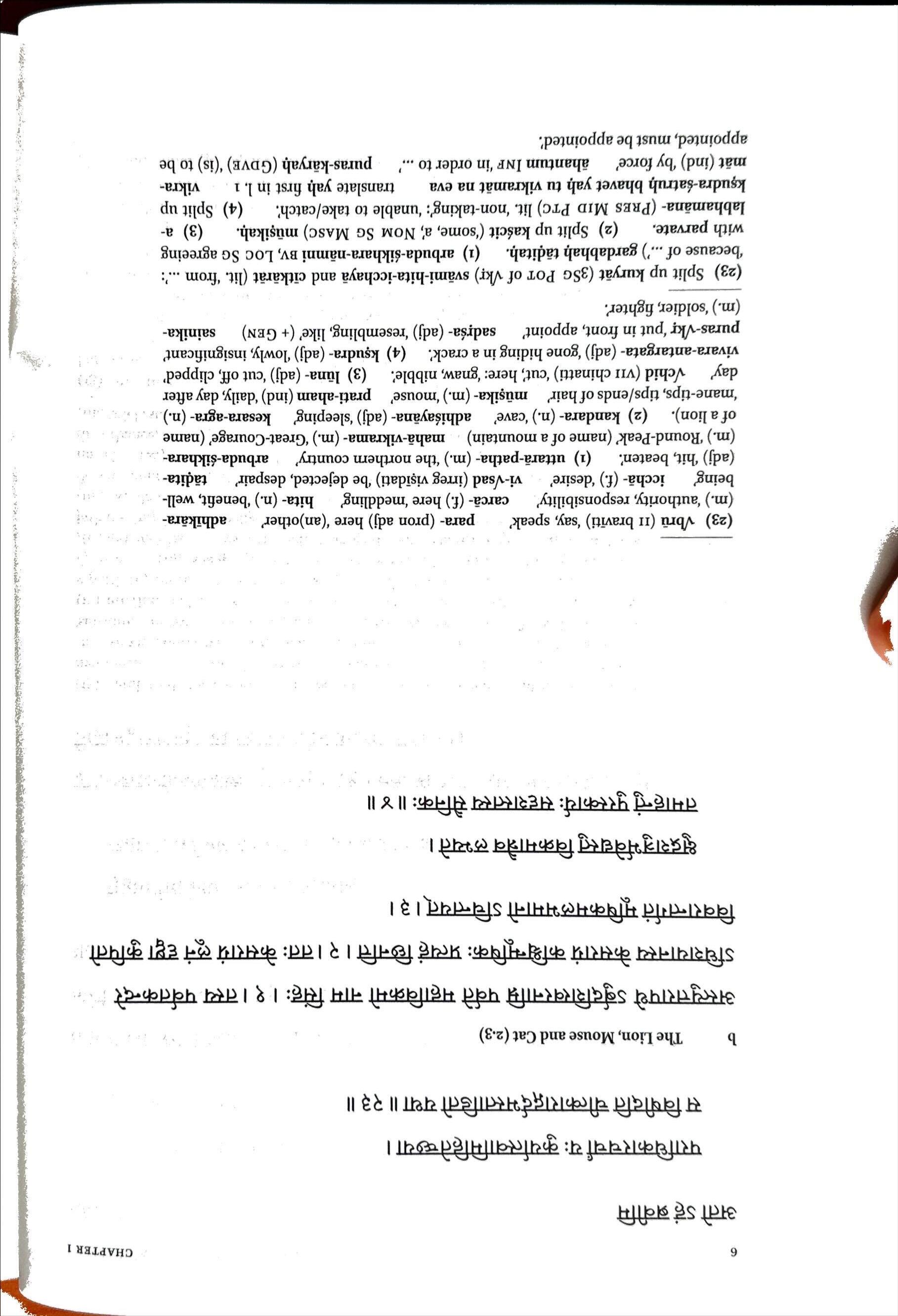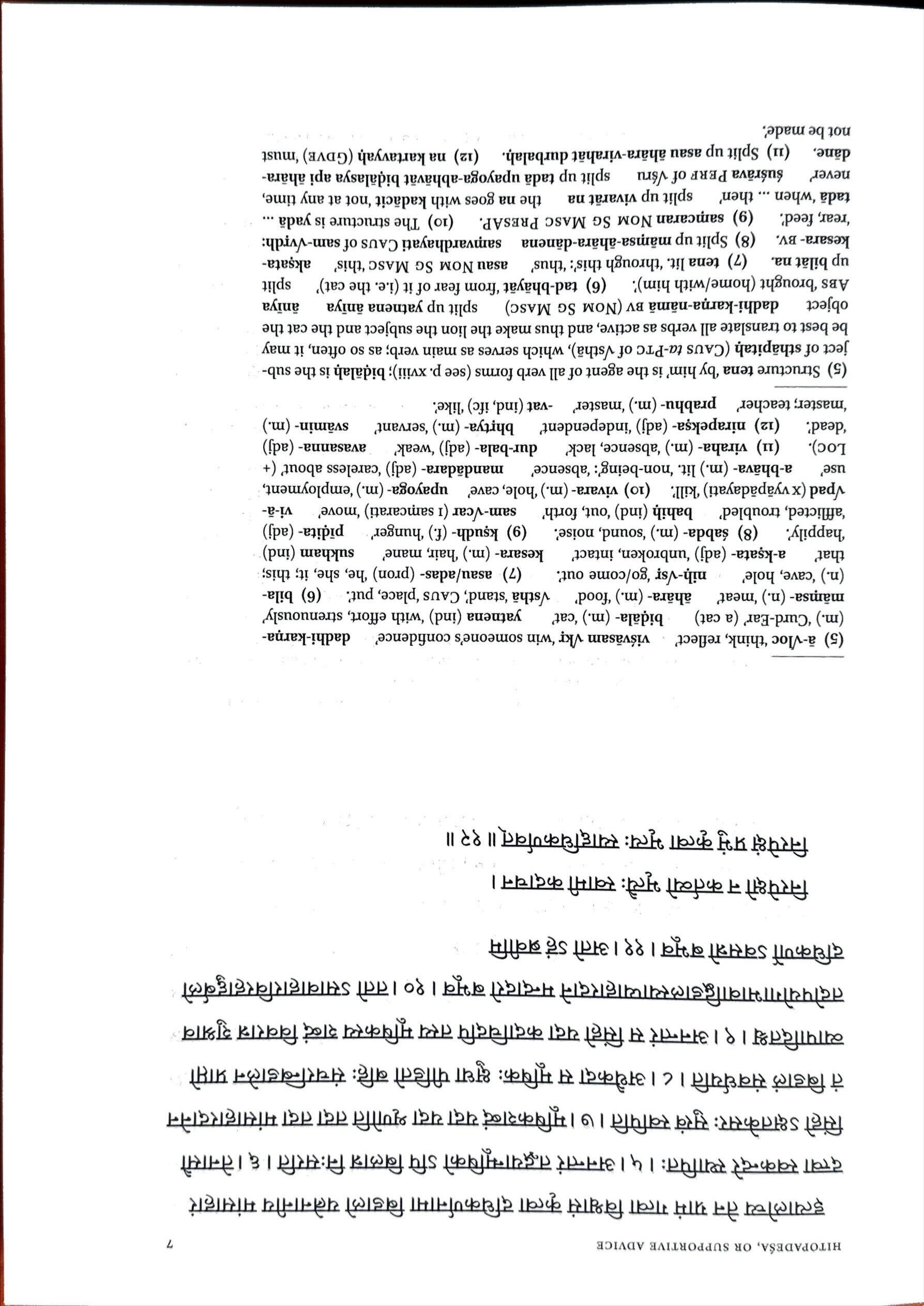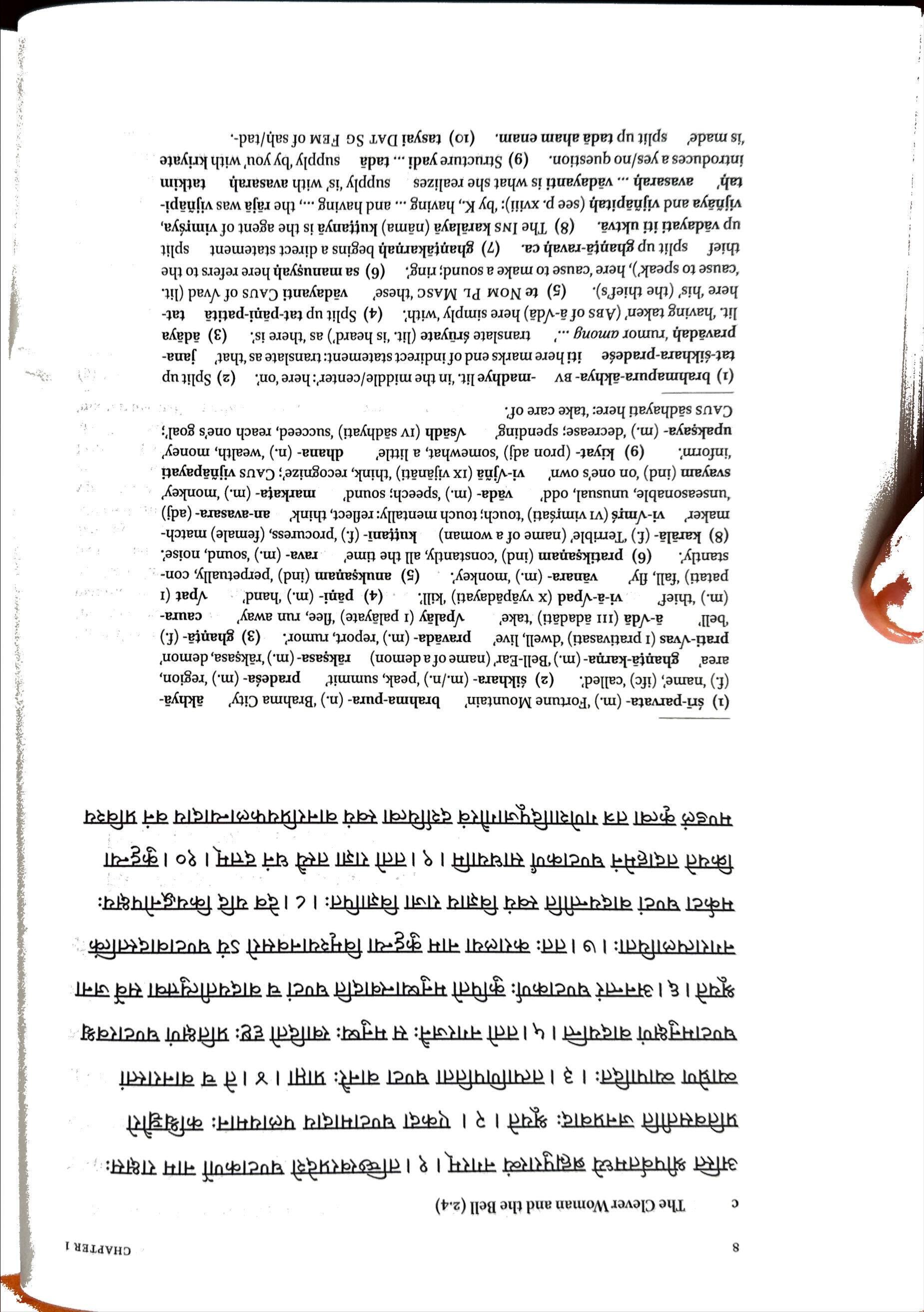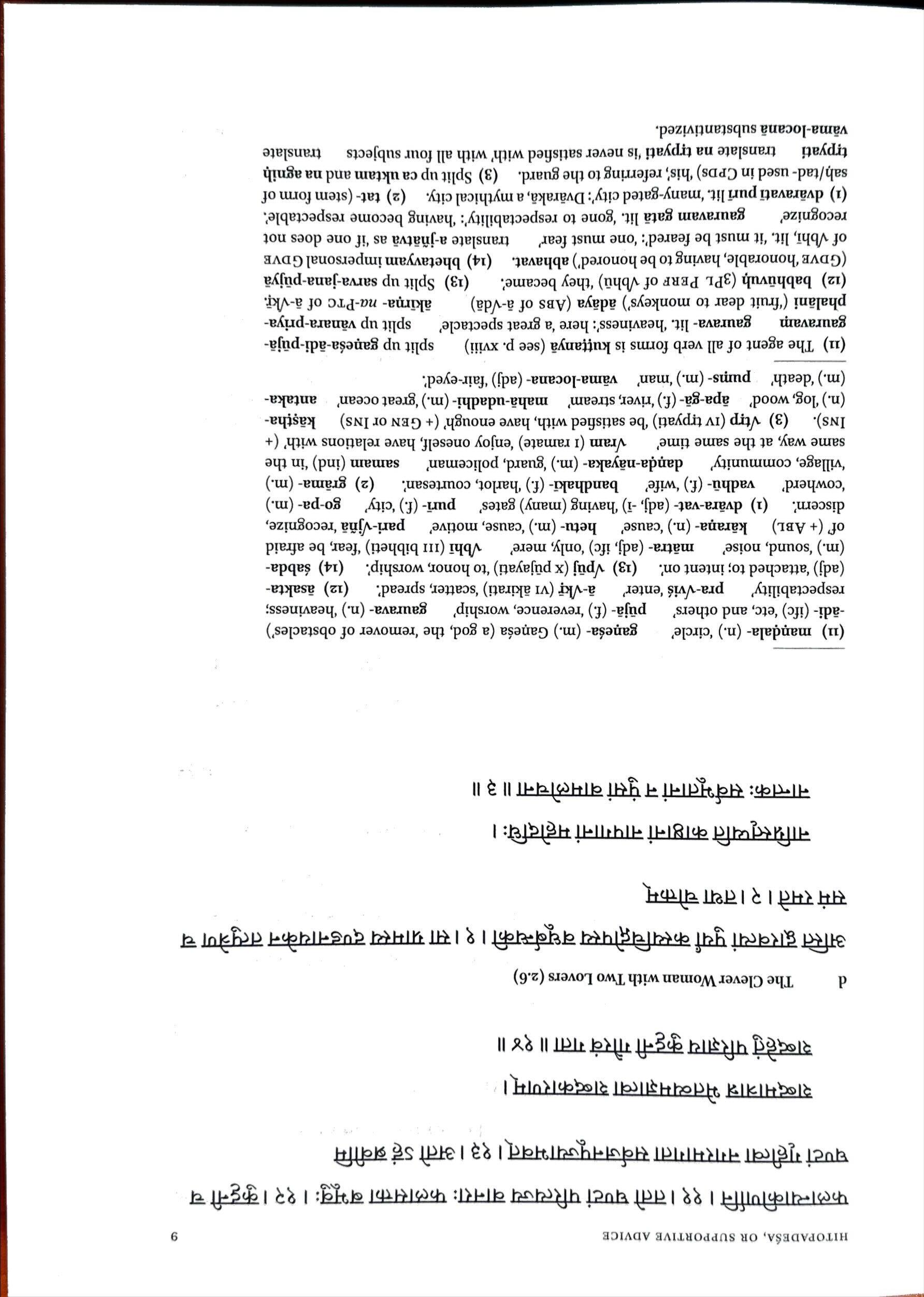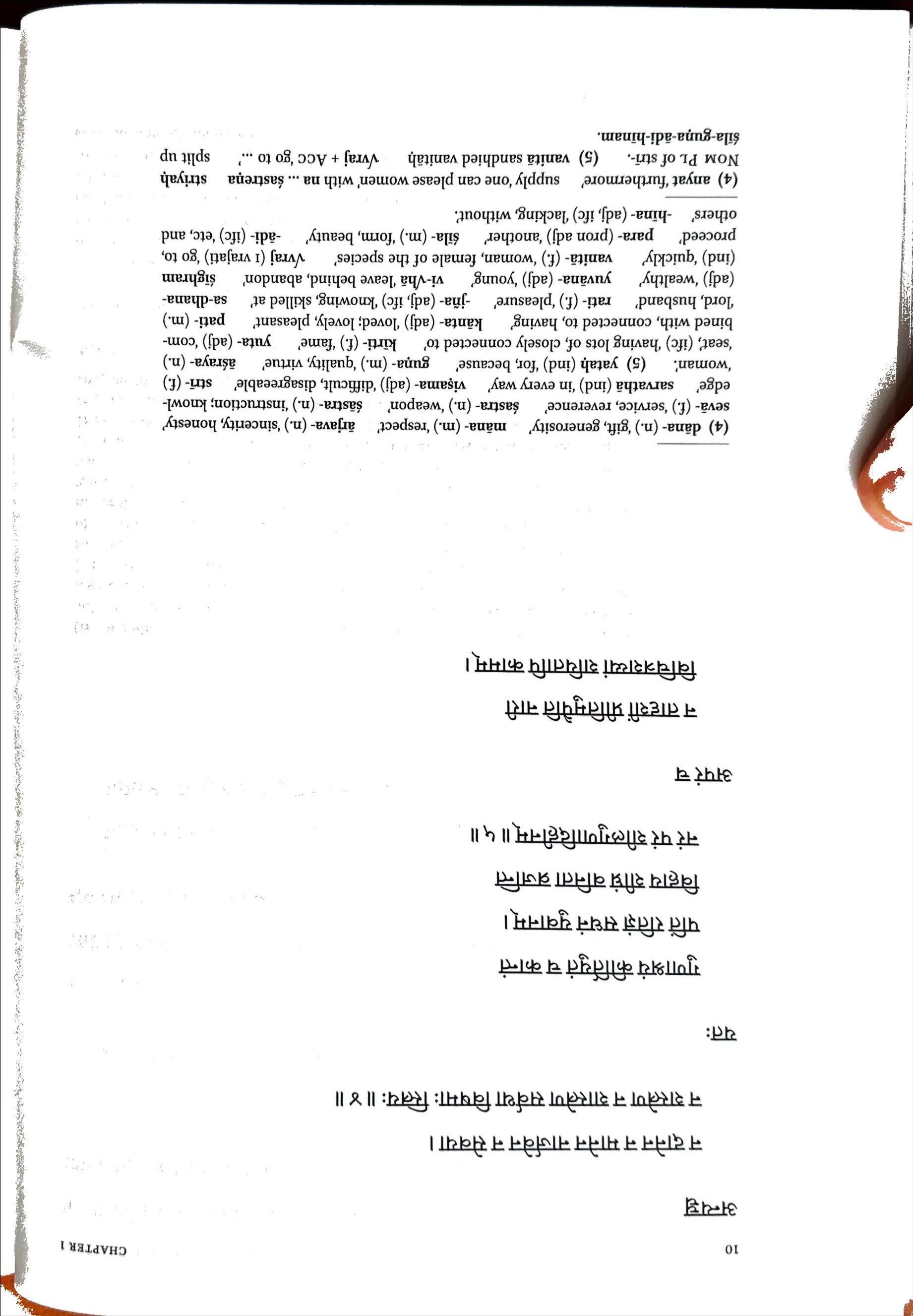https://ebookmass.com/product/an-introductory-sanskrit-
Instant digital products (PDF, ePub, MOBI) ready for you
Download now and discover formats that fit your needs...
Exploring Ethics: An Introductory Anthology Fifth Edition Steven M. Cahn
https://ebookmass.com/product/exploring-ethics-an-introductoryanthology-fifth-edition-steven-m-cahn/
ebookmass.com
Synoptic Analysis and Forecasting An Introductory Toolkit 1st Edition Shawn M. Milrad
https://ebookmass.com/product/synoptic-analysis-and-forecasting-anintroductory-toolkit-1st-edition-shawn-m-milrad/
ebookmass.com
The Next Step Forward in Guided Reading: An Assess Decide Guide Framework for Supporting Every Reader (Ebook PDF)
https://ebookmass.com/product/the-next-step-forward-in-guided-readingan-assess-decide-guide-framework-for-supporting-every-reader-ebookpdf/ ebookmass.com
Maddox (FBI Protectors Book 1) Elizabeth Lennox
https://ebookmass.com/product/maddox-fbi-protectors-book-1-elizabethlennox-2/
ebookmass.com
The Arras Witch Treatises: Johannes Tinctor's Invectives
Contre La Secte De Vauderie and the Recollectio Casus, Status Et Condicionis Valdensium Ydolatrarum ... Arras (1460) (Magic in History Sourcebooks) Andrew Colin Gow https://ebookmass.com/product/the-arras-witch-treatises-johannestinctors-invectives-contre-la-secte-de-vauderie-and-the-recollectiocasus-status-et-condicionis-valdensium-ydolatrarum-arras-1460-magicin-history-sourcebo/ ebookmass.com
The Diabetes Textbook: Clinical Principles, Patient Management and Public
https://ebookmass.com/product/the-diabetes-textbook-clinicalprinciples-patient-management-and-public/
ebookmass.com
British Sociability in the European Enlightenment: Cultural Practices and Personal Encounters Sebastian Domsch
https://ebookmass.com/product/british-sociability-in-the-europeanenlightenment-cultural-practices-and-personal-encounters-sebastiandomsch/ ebookmass.com
Ten Cate’s Oral Histology: Development, Structure, and Function [TRUE PDF] 9th Edition Edition Antonio Nanci
https://ebookmass.com/product/ten-cates-oral-histology-developmentstructure-and-function-true-pdf-9th-edition-edition-antonio-nanci/ ebookmass.com
Mastering Adobe Photoshop 2024 1 / converted Edition Gary Bradley
https://ebookmass.com/product/mastering-adobephotoshop-2024-1-converted-edition-gary-bradley/ ebookmass.com
Digital Health: Mobile and Wearable Devices for Participatory Health Applications Shabbir Syed-Abdul
https://ebookmass.com/product/digital-health-mobile-and-wearabledevices-for-participatory-health-applications-shabbir-syed-abdul/
ebookmass.com
AnIntroductory SanskritReader ImprovingReadingFluency LibraryofCongressCataloging-in-Publicatlon Data
Names:Ruppel,Antonia,author.
Title:Anintroductory Sanskritreader:improvingreadingfluency IbyAntoniaM. Ruppel.
Description: Leiden;Boston:Brill,[2022]|Includesindex.|InEnglishand Sanskrit |Summary."ThisReaderaimstohelpstudentsstartreadingoriginal Sanskritliterature. Whenwestudyancientlanguages,thereoftenisquiteagap between introductory, grammar-based classesandindependentreadingof originaltexts.ThisReaderbridgesthatgapbyofferingcompletegrammarand vocabulary notesfor40entertaining,thought-provoking orsimplybeautiful passagesfromSanskritnarrativeandepic,aswellasover130subha§itas (epigrams).Thesereadingsarecomplemented byreviewsectionsonsyntax, wordformation andcompounding, a900-wordstudyvocabulary,complete transliterations andliteraltranslations ofallreadings,aswellassupplementary onlineresources.TheReadercanbeusedforself-studyandinaclassroom, bothtoaccompany introductory Sanskritcoursesandtosucceedthem"Providedbypublisher.
Identifiers: lccn 20210408411ISBN9789004468665(hardback)
Subjects:lcsh: Sanskritlanguage-Readers. |Sanskritlanguage-Grammar.| Sanskritianguage-Textbooks forforeignspeakers- English.
Classification:lcc PK669.R8720211ddc491/.286421 023 LCrecordavailableathttps://lccn.l0c.gav/2021040841
Iyj>efacefortheLatin,Greek,andCyrillicscripts:’Brill'.Seeanddownload:brill.com/brill-typeface.
isbk97S-f#0-04-46S66-5(hardback)
Copyright2022byKoninklijkeBrillnv,Lxriden,IheNetherlands. KomnklijkeBrillnvincorporates theimprints Brill,BrillNijhoff,BrillHotel,BrillSchoningh,BrillFink, Brillmentis,Vandenhoeck &Ruprecht,BolilauVerlagandV&RUnipress. Allrightsreserved.Nopartofthispublication maybereproduced,translated,storedinaretrievalsystem, ortransmitted inanyformorbyanymeans,electronic,mechanical,photocopying, recordingorotherwise, withoutpriorwrittenpermission fromthepublisher.Requestsforreuseand/ortranslationsmustbe addressed toKoninklijkeBrillnvviabrill.comorcopyrighl.com.
Thisbookisprintedonacid-freepaperandproducedinasustainablemanner.
Andthisoneisdedicatedtomyteachers. Ilearnedhowtoteach bywatchingyouteach withknowledge,enthusiasm,andkindness. Thankyou.
Contents Acknowledgements ix
ReadMe!ABriefIntroductionYouWon’tWanttoMiss x HowtoDoMoreWithWords:BuildingUpYourSanskritVocabulary xiI BeginningtoReadSanskrit:SomePracticalTipsforEnglishSpeakers xvn Abbreviations xxi
TheReadings 1 Hitopadesa,orSupportiveAdvice 3
a TheDog,theDonkeyandtheThief(2.2) 3
b TheLion,MouseandCat(2.3) 6
c TheCleverWomanandtheBell(2.4) 8
d TheCleverWomanwithTwoLovers(2.6) 9
e TheLionandtheOldHare(2.8) 12
f TheElephant,theHaresandtheMoon(3.3)14
g TheBlueJackal(3.7) 17
h TheSageandtheMouse(4.5) 20
i TheOldCraneandtheCrab(4.6) 21
j TheBrahminandthePots(4.7) 24
k TheTwoDemons(4.8) 26
1 TheBrahminandtheThreeCrooks(4.9) 28
2Vikramacarita, orVikrama’sDeeds 30
a IVolunteerasTribute!(Story8) 30
b EightJewelsfromEightGoddesses(Story21)32
c KingVikramainHisElement(Story22) 33
d Don’tBelieveEverythingYouSee(Story30) 35
3 Rdmayana, orRama’sJourney 38
a TheBeautyoftheNight(1.33.14-18)40
b APerfectLeader(2.1.15-28)41
c ALandWithoutLeadership(2.61.8-23)45
d JabalitheMaterialistontheMeaningofLife(2.100.1-17)48
e SitaCautionsRamaontheHandlingofWeapons(3.8.1-12,20-29) 51
f RamaAsksNatureIfItHasSeenSita(3.58.1-22,31-34) 55
g TheAsceticSabari(3.70.4-27) 60
h TheHermitageoftheSevenSages(4.13.12-27)64
i TaraCounselsHerHusbandValin(4*15-7_23) 67
j TaraLamentsHerHusbandValin(4*20.12-17)70
k TheRainySeason(4.27.2-46) 71
1 Svayamprabha'sCave(4«49-12'5213) «3
m HanumanLearnsaboutHisImmaculateConception(4.65.8—28)96
n HowShould1AddressSita?(5-28.3~44) 100
4 Kathasaritsagara, orOceanofRiversofStories 109
a $ivaExplainstheSignificanceofSkulls(1.2.10-15)109
b BrahmadattaandtheGoldenSwans(i.3*2734) 111
c Panini(1.4.20-25) 112
d HandwithFiveFingers,HandwithTwoFingers(1.5.8-12) 113
e WhytheFishLaughed(1.5.14-26) 114
f KingSibiSacrificesHimself(1.7.88-97) 116
g HowtheBrhatkathaCametoEarth(1.8.1-38) 118
h Ahalya:BilingualandClever(3.3.137-148) 124
i BuddhistMerchant,HinduSon(6.1.10-54) 127
j TheBrahminandtheOutcaste(6.1.123-132)136
k TheSevenPrincesses:KingKalirigadattaIsToldaStorywithinaStorywithina Story(6.2.9-45) 138
1 TapodattaTriestoReplaceStudywithPenance(7-6.13-23) 145
m ShouldYouTurnaMouseintoaGirl?(10.6.125-135)147
n OnceYou'veTastedtheGoodStuff...(10.6.178-185)149
o GuardtheDoor!(10.6.209-211)150
5Sanudasa’sStory(18.4-94) Brhatkathaslokasamgraha, orVerseSummaryofLong Story 152
6 Subhasitas,orEpigrams 169
Appendix1:RomanTransliteration ofAilTexts 201
Appendix 2:LiteralTranslations ofAllTexts 241
Appendix3:StudyVocabulary 280
Acknowledgements AttheendofhisAryasaptafati, Govardhanawrites
udayanabalabhadrabhyam fr saptafatt siyasodardbhyani me dyaurivaravicandrabhyam
TTlRidl prakdsitanirmalikrtya
ByUdayanaandBalabhadra,mystudentandmybrother,theSaptasati,likethesky bythemoonandsun,hasbeenpurifiedandmadevisible.
The12th-centuryBengalipoetlikelywasnotthefirsttodependonthehelpofothersfor checking,editingandpublishinghiswork;andhecertainlywasnotthelast.MyworkcannotcomparetoGovardhana’s,butlikehim,Iamindebtedtothegenerosityandsupport ofothers.
Firstofall,asalways,comemystudents.IreadvariouspartsofthisReaderwiththem, andtheirquestions(andsignsofpuzzlementorhesitation)showedmewheremoreor clearerannotationwasneeded,andalsowhereIhadmademistakes.Thentherearethe manymembersoftheIndologyListwhorepliedtomyqueriesaboutotherSanskritReaders,andmyfriendsonFacebookwhorepliedtomyquestions-concerninganythingfrom Englishphrasingsorplantnamestotechnicalissues-oftenwithinminutesofmepostingatoddhoursofthenight.InadditiontoMarcGuilarte,MartinKiimmel,Christiane WeissbachandAlexWoolf,IamespeciallygratefultoKimAdamsforhelpingmewith mattersofalphabetizationacrossscripts,andtoJamesHelgesonforthemusicalnotation onp.39.AmeliaBaldwinwasmyZoombuddywhenlockdownandworkkeptusatour computersmuchoftheday.RichardandFigaroRawlesalwaysprovidedmoralsupport. BethanyMurraymadethedrawingonp.x,andChelseaHowedesignedthecoverbased onaphotooftheblackboardinourSanskritclassroomin2006.ElisaPerottiatBrillwas patient,professional andextremely helpfulthroughoutourworktogetherand,together withArianneMoerlandatTATZetwerk,madetheeditingandtypesettingprocessasefficientasitcouldbe.
Iwouldalsoliketoexpress mysincerestgratitudetoallthosewhoweresogenerouswiththeirtimeandattentionandreadandcommentedonvariouspartsofthe manuscript: TimBoomer,MaryandjohnBrockington,PaulDundas,Jens-UweHartmann, JowitaKramer,BihaniSarkar,RolandSteiner,McComasTaylor,HermanTull,Aleksandar Uskokov,andLidiaWojtczak.
Allremainingmistakesareentirelymine.
Findthestoryofthe Lion,MouseandCat onp.6
ABriefIntroductionYouWon’tWanttoMiss
ThisReaderisbasedonafewsimplethoughts.
Itisheretohelpyoustartreading originalSanskrittexts.Thebestwaytobecomea fluentreaderistoreadalot;andyouaremostlikelytoreadalotifreadingisnotjust manageable,butactuallyenjoyable.WhatIhavealwaysfoundleastenjoyableaboutmy earlyreadingattemptsinanylanguagewashowmuchIhadtolookup-vocabulary,verb ornounforms,syntacticrules,usage:younameitAndsothisReaderisdesignedtogive youalltheinformationyouarelikelytohavetolookup,onthesamepageastheactual text.
ThisReaderisintendedforanyonewhohascompletedorisclosetocompleting an introductorySanskrit course. Thisshouldmeanthatyouhavebeenintroducedtoall majornounandverbparadigmsandtherulesofsandhi,youhaveacertainbasicvocabulary,andalsosomelimitedexperiencetranslating shortSanskrittexts.Yetatthesame time,youlikelydonotrecognizeeverysingleoneofthoseformsandsandhivariantsoff thetopofyourhead,andmanyfrequent Sanskritwordsarestillunknowntoyou.
OnthesamepageaseachSanskrittext,givensentencebysentence, youwillthusfind (a)asection withtheVocabulary youmaynotknowand(b)asectionwithGrammar Notesexplaining possibleformaldifficulties(suchasrarewordformsorsyntax,difficultcompounds,possiblyconfusingsandhi).Onbrill.com/sanskrit, youcanfurthermore downloadapackofcompletevocablistsforeachindividualreading.Thus,whileyouare stilllookingupmanythings,youhaveeverythingyouneedrightinfrontofyouanddo notneedtothumbbackandforthamongseveralreferencebooks,listsorwebsites.
Themoreoftenyoulookupaword,themorelikelyyouaretorecognizeitthemoment youfirstseeit.Nevertheless, youarecurrentlyatapointwhereyouwillgreatlybenefit fromalsoactively memorizing furthervocabulary.Therearevariouswaysofdoingthat; oneistousetheStudyVocabularylistatthebackofthisbook(p.280).Itisnotareference listasitdoesnotcontaineverywordineverytextinthisbook.Instead,itisalistofaround 1,000basicSanskritwordsparticularlyfrequentinnarrativeandepicliterature.Forevery 45minutesyouspendtranslatingtexts,spend10-15minutesmemorizing vocabulary,and youwillsoonnoticeyourreadingspeedincrease.Donotbediscouragedbytheamount ofvocabularyyoumaynotknowyet;instead,lookatthegrowingnumberofwordsyou doknow.(I’hislistisalsoavailableonline-gotoBrainscape.comandsearchfor‘Ruppel Sanskrit'.Youneedtoopena(free)account;enterbrainscape.eom/p/16X72-LH-49PII8in yourbrowsertoaccessallsetsfreeofcharge.)
Also,dotakealookatthe‘How1bDoMoreWithWords’sectiononp.xn.Ifyouknow aSanskritverbalroot,youarelikelytoalsorecognizeatleastadozenwordsderivedfrom it.Thisguidegivesyouaquicksummaryofthemainpre-andsuffixesthatSanskrituses tomakeonewordfromanother,anditgivesyouabriefoverlookofnominalandverbal compounding.
ThisisfollowedbyBeginningtoReadSanskrit,practicalbitsofadviceaboutthings beginningSanskritreadersofhavetroublewith.Youdonotneedtogothroughthisbefore youstartreading(youcanalwaysjustfindapassageyoulikethelookofanddelveright in’);butdorememberitisthere,andlookatitatsomepoint.Youwilllikelyfindituseful.
AfterthemainpartoftheReader,containingtheSanskrittexts,youwillfindalltexts (a)transliteratedand(b)translated.ThereisnothingwrongwithreadingSanskritin transliteration:forthelongest time,itwaswritteninthesamescriptanauthorwould haveusedfortheirlocallanguage.BeingabletoreadSanskritinbothdevanagari and RomantransliterationmeansyoucanaccessbasicallyallSanskrittextscurrentlyavailableinprint.Therealsoisnothingwrongwithusingtranslations:workwiththeSanskrit textfirst,makingsenseofitasbestyoucan.Then,ifyouwantto,consultthetranslation afterafewsentencesorslokastocheckyourunderstandingandtofillanygaps.Thismay notbeas‘rigorous’asthe‘philological’methodofusingonlyadictionaryandreference grammar;butyouwillbeabletoreadalotmorealotfaster,andwillthuslikelymakethe sameprogress(andperhapsevenmore).
ThetextsincludedinthisReaderwerechosenfortworeasons:theirgrammarisfairly straightforward, andIhopethatyoufindtheminteresting,entertainingorotherwise appealingtoread.Theyaregiveninafairlytraditionalreadingorder,withearlierpassagesperhapsbeingeasiertoreadastheyareshorter;butifanythingparticularlyappeals toyou,nomatterwhereinthebookitis,justgoandreadit.Everythingiseasierwhen you’realreadyinterestedinit.(Thatofcourseappliestomorethanjustforeign-language textpassages.)
Onelastwordon‘reading’:wheneverwelearnanancientlanguage,ourlikelymain goalistobeabletoreadtextsinitthewaywewouldreadtextsinourownlanguage:that is,inlinearfashion,startingatthebeginningofasentenceandfinishingattheend.Yet especiallywhenwearenewtothisprocess,andwhenmostofthetextsweencounterare carefullycrafted,artfulliterature,weoftenfindourselvesgoingbackandforthinasentence,searching forthemainverb,thesubject,tryingtofigureoutwhatastraywordis doing,andsoon.Tome,thisiswhattranslating(asopposedto‘reading’)is.Thisiswhat youwillfindyourselfdoingattheearlystagesoftheprocess.Itishelpfulandoftennecessary.Jumpbackandforthasmuchandaslongasyouneedtoreallyunderstandhow asentenceworks.Thatismuchbetterthantoremainlinear(because,asyoumayhave beentold,the‘hunttheverb’approachisso19th-century!)andonlygetthegeneralgist ofasentenceorverse.(Thatsaid,ifthelinearapproachworksforyoufromthestart,do ofcoursegoforit.)Themainpointistokeepatitandnotbediscouragedifyoufind somethingtricky.(ThisisSanskritafterall:weallknowthatfeeling).Readalittlebitona regularbasis,andyouwillsoonnoticetheprogressyoumake.
Andwiththat,enjoy!Sanskritisabeautifullanguage.
Foranyquestions,andtoletmeknowaboutissueswiththebookortheonlineresources, pleaseemailcambridge.sanskrit@gmail.com.
HowtoDoMoreWithWords:BuildingUpYourSanskrit Vocabulary Inordertounderstandalanguage,youneedtostudytwothings:itsvocabulary,andits grammar.Thissectionwilldiscussstrategiesfortheformer.
Themaindifficultyinlearningalanguage’svocabularyisthatvocabularyisfarlesssystematicthangrammar:onceyouknowhowtodeclineonen-stemnoun,youcandecline themall;butjustbecauseyouknowthewordfortreedoesnotautomaticallymeanyou knowthewordforbranch,orleaf,orforest.
Thustosomeextent,themainthingtodoismemorizetheindividualwords(tree, forest,leaf,branch,bark,chlorophyll,andsoon).TheStudyVocabularyonpp.280-290 helpsyoudothat.
ButwhileSanskrithasanenormousvocabulary,largepartsofitaregeneratedinrather systematicways:numerouswordsareformed(‘derived’)fromverbalrootsoralsonominal stemsbymeansofeasilyrecognizablepatterns;andindividualwordsarecombinedinto compoundnounswithgreatfrequency.Hencewearegoingtolookatthesetwothings: derivationandcompounding.
Derivationinvolvesprocessessuchasformingthewordsentertainer,entertainment or entertainingonthebasisofthewordentertain:ifyouknowthefunctionofthederivativesuffixes-er,-mentand-ing,youcanusethemtoformnounsandadjectivesfromany numberofverbs;andasanativespeaker,youalsoknowthatnotallsuffixesareusedon allverbalbases(thusyougete.g.ateacher,butnoteachment).
Compoundingalsoinvolvescombiningseveralelementsintooneword;butunlikein derivation,theelementsusedherecanalsobeusedontheirown:alltheelementsin swordfight,bookseller,treehouseetcareindependentwords(sword,fight,booketc.);the samecannotbesaidofthe-er,-mentor-ingweaddedto‘entertain'above.
Derivation Sanskritderivesnounsandadjectivesfromverbalrootsorothernominalstems.
a DerivationfromVerbalRoots Averbalrootcanappearinthreegrades(zerograde,gunaorvrddhi-ifyoudon’tknow theseterms,findtheminagrammarortextbook).Mostderivationhappensbymeansof suffixes,i.e.elementsaddedaftertheverbalroot.Someofthemostfrequentsuffixesare givenbelow.
-a-,-ana-:addedtorootsinguna,createsnounsandadjectiveswithavarietyofmeanings: y/likh‘write’:lekha-(m.)‘letter’ mostlyattheendsofcompounds:-gama-‘going’,-kara-‘doing’,-bhara-‘carrying’, etc
yfvac‘speak’:vacana-(n.)'word,speech’ fgam ‘go’:gamana- (adj)‘going’,dgamana-(n.)‘arrival’
-tra-:addedtorootsinguna,createsinstrumentnounsthatmostlyareneuter: Vtan‘stretch,extend’:tantra-(n.)lit.‘stretchinginstrument’:‘loom’ fnl‘lead’:netra-(n.)lit.‘instrumentforleadingyou’:‘eye’ fman ‘think’:mantra- (mJ)lit.‘thinkinginstrument’:‘speech,sacredtext,prayer’
-ft**:addedtozero-graderoots,createsfeminineabstractnouns:
Vman‘think’:matt-(f.)‘mind,thought’ Vgam (%o':gati-(f.)‘gait;path’ ‘see’:drsti-(f.)‘sight,seeing,spectacle’
-in-:addedtoverbalrootsingunaorvrddhi,createsadjectivesthatmean'regularly doingx’:
Vgam‘go’:gamin-(adj)‘goingsomewhere’(saide.g.ofaroad,orsomeonewho oftentakesaroute)
Vkr‘do’:kdrin-(adj)‘doing,producing’
b FromNominalStems
Somederivationusesnominalbases.Adjectivescanbederivedfromnouns,andvice versa;abstractnounscanbederivedfromspecificones.
-tva-,-ta-:formabstractnouns: purusa-(m.)‘man’: purusa-tva-(n.)‘manhood,manliness’ purusa-td-(f.)‘manhood,manliness’ a-buddha-(adj)‘foolish’:a-buddha-tva-(n.)‘foolishness’
-1-:formsfemaleequivalentstonounsdenotingmales,sometimeswithotherstem changes:
deva-(m.)‘god’:devl-(f.)‘goddess’ nara-(m.)‘man’:ndri-(f.)‘woman’ rajan-(m.)‘king’:rajm-(f.)‘queen’
-mant-l-vant-, -vin-:addedtonouns,createadjectivesmeaning'having/linkedto(that noun)’:
dhl-(f.)‘thought’:dhimant-(adj)‘wise,intelligent’
buddhi-(f.)‘intelligence’:buddhimant-(adj)‘intelligent’
dtman-(m.)‘soul,self:atmavant-(adj)lit.‘havingasoul’:‘prudent,self-possessed etc’
tejas-‘splendor’:tejasvin-(adj)‘brilliant,splendid’
-in-:addedtonouns,createsnounsandadjectivesmeaning‘having(thatnoun)’;ifadded toa-stems,stem-final-a-isdropped:
paksa-(m.)‘wing’:paksin-(adj)‘winged’,(m.)‘bird’ hasta-‘hand’:hastin-lit.‘havinghands’,thus(adj)‘dexterous,practical’or(m.)‘elephant’(theonewithaverynoticeablehand,namelyitstrunk) danda-(m.)‘stick’:dandin-(m.)lit‘havingastick’:‘guard,policeman’ -ta-,-ka-f-ka-:addedwithnoorlittlechangeinmeaning(perhapstomakewordslonger/ moresubstantial,ortoturntheminto(moreeasilydeclinable)a/a-stems),ortocreate themeaning‘amerex’:
bhumi-(f.)‘theearth’:bhumlka-(f.)‘theearth’ alpa-(adj)‘small’:alpaka-(adj)‘small’ sarira-(n.)‘body’:farlraka-(n.)‘mere(physical)body;wretchedbody’ vrddhi:thefirstvowelofawordisputintoitsvrddhiformtocreatethemeaning‘belongingto(thebasicword)';sometimes,theendofthewordischanged,too: Rharata-(m.)Bharata(mythicalforefatherofIndia);Bharata-descendantof Bharata;Indian
videha-(apeople):vaideha-(m.),vaidehl-(f.) amanorwomanbelongingtothe Videha;apre-eminentVidehaman orwoman:Videhaprince/princess
send-(f.)'army’:sainika-(m.)'soldier’ pura-(n.)‘city’:paura-(m.)‘citizen’ mitra-(n.)‘friend’:maitra-,maitreya-(adj)‘friendly’,maitrl-(f.)‘friendship’
NominalPrefixes r --itf ,■.5' • : iv/ • L
Thesearenotquiteasvariedasthesuffixes,butthemostfrequentonesaregivenbelow.
sa-‘togetherwith,having’:prefixedtonouns,itcreatebahuvrihicompounds(i.e.adjectives)
sa-sarahcapah:lit.‘with-arrowedbow’:‘bowandarrow(s)’ nrpahsa-ddrahgacchatr.lit. ‘thekinggoeswith-wifed’: ‘thekinggoestogetherwithhiswife,thekingandhis wifego’ nrpahsa-daramgacchatr.sameasabove,withsa-ddramusedadverbially
a-1an-‘without,lacking’:canbeprefixedtoanynominalform(noun,adjective,participle, evenabsolutives)andeithernegatethatformorcreateabahuvrihi: himsd-(f.)‘injury,harm’:a-himsd-(f.)‘harmlessness,non-injury’ krta-(adj)‘done’:a-krta-(adj)‘notdone,unfinished’ buddhvd‘havingunderstood’:a-buddhvd‘nothavingunderstood,withoutunderstanding’ buddhi-(f.)‘intelligence’:a-buddhi-(adj)lit.‘whoseintelligenceisnot/islacking*: ‘foolish’
ati-‘excessively,very’:prefixedtoadjectivesXtomean‘very/excessivelyX’ortonounsY tocreatebahuvrihi‘whoseYisexcessive,whoisveryY: sundara-(adj)‘beautiful,handsome’:ati-sundara-‘verybeautiful/handsome’ bala-(n.)‘strength,force’:ati-bala-(BVadj)lit‘whosestrengthisgreat’:‘very strong*
su-‘good,well’or‘very’anddus-(sandhiedduh-,dus-,dur-)‘bad,badly’or‘little’:typically prefixedtoadjectivesXtomean‘goodorveryX’/‘badX’ortonounsYtocreatebahuvrihi ‘whoseYisgood/bad’: <■' •: bhadra-(adj)‘fortunate’:su-bhadra-(adj)‘veryfortunate’ hrd-(n.)‘heart’:su-hrd-lit.‘whoseheartisgood’:(m.)‘friend’ manas- (n.)‘mind,heart’:su-manas-(adj)‘whosemind/heartisgood:benevolent etc.’
bala-(n.)‘strength’:dur-bala-(adj)lit.‘whosestrengthisbad/little’:‘weak’
nb:su-anddus- withverbaladjectives:‘easy/difficulttox’or‘easy/difficulttobex-ed’ yflabh‘take,find’: su-labha-(adj)‘easytoobtain/beobtained’ dur-labha-(adj)‘difficulttoobtain/beobtained’
Vgam‘go’: su-gama- (adj)‘easytotraverse’;‘easytobegoneto’:‘accessible, intelligible’ dur-gama- (adj)‘difficulttotraverse/betraversed’
Avyayibhava/Adverbial
Compounds (often with an indeclinable
NominalCompounding AccSg) \ sa-putram gacchati , JJ 'he goes with-sonned’
‘he goes together with his son’
(an inflected form is repeated, creating an iterative meaning; written as two words!) yugeyuge‘from age to age, in every age’ (yuga‘age’ in Loc) first member) are used adverbially (thus s* r <:
bahuvrihi/exocentric(adjectives A-B meaning ‘whose B is A, by whom B is A-d’) ‘(people) whose sons are kings’
tatpurusa/dependent determinative (the first element tells us more about the second, and is dependent on it) ‘sons of kings/a king’: ‘princes’
Stems:all members of a compound except for the last one appear in their stem formpronoun stems often end in a dental: tat-pumsa‘his man/servant’ mat-para‘having me as your priority’exceptionally, there may be inflection within compounds: param-tapa‘burning
raja-putrahking (STEM)"SOri(NOM.PL)
karmadharaya/descriptive determinative (the first element tells us more about the second, and describes it like an adjective) ‘sons who are kings’: royal sons’
dvandva/ copulative (all elements are parallel & should be joined with ‘and’ or commas in English) ‘king(s) and son(s)’
Longer compounds Sanskrit is known for using multi-member compounds; the building-blocks for these are the compounds listed here [[lobha-kopa]-upahata-]'[destroyed by [greed and anger]]’ (dvandva within tatpurusa)
Nominal Compounds in Sanskrit
Sanskrit has several types of compound nouns. These differ from each other in the relationships between their members. If the meaning of a compound is not immediately apparent, determine it by going through the four main possibilities listed here.
VerbalCompounding:VerbsandPreverbs -Sanskrithasavarietyofpreverbs,whichcanbeaddedinfrontofverbsontheirown oringroupsofuptothree
a) theyhaveabasicmeaningthatcanaffecttheverbinpredictableways,especially iftheverbitselfhasafairlygeneralmeaningand/orindicatesmotion:e.g.y/gam ‘go’:d-ylgam‘come’;upa-yfgam‘gotowards;attack’;vl-y/gam'goapart,separate’ b) often,preverbsexpressnuancesdifficulttorenderintoEnglish:e.g.y/muc‘free’, withava-/ud-/nih-/pari-/pra-y/mucallusuallyalsobesttranslatedas‘free’ c) andsometimes,theyeffectunpredictableidiomaticmeanings:e.g.ava-y/gam ‘understand’
-bepreparedforallthreeoftheabovepossibilities
-ifneitherofthefirsttwopossibilitiesmakesense,lookupthecompoundverbinthe dictionary,rememberingthatmanydictionarieslistverbsundertheverbalroot,not underthepreverb-thismakestheabilitytoatleastrecognizeallpreverbsimportant
ListofSanskritPreverbs
ati- ‘across,over,beyond’ ud- ‘up,out’ adhi- ‘above,over,on,onto’ upa- ‘to,toward’ anu- ‘after,along,toward’ ni- ‘down,into’ antar- ‘between,among,within’ nis- ‘out’(sandhiforms:nib-,nir-,nis-) apa- ‘away,off’ pari- ‘around’ api- ‘onto,closeto’ pra- ‘forward’ ; abhi- ‘to,against’ prati- ‘towards;against;back’ ava~ ‘down,off* vl- ‘apart,away,out’ a- ‘to,hither* sam- ‘along,with,together’
BeginningtoReadSanskrit:SomePracticalTipsfor EnglishSpeakers Whenwestartreadingtextsinanewlanguage,ourultimategoalistoreadthemthe waywewouldreadtextsinournativelanguage(s):startingatthebeginningofasentence,parsingandinterpretingaswegoalong,andbythetimewegettotheend,wehave understoodthesentencewehavejustread.
Inotherwords:weaimtoreadratherthantranslate.Butusually,ittakesalittlewhileto gettothatpoint.Sobelowisamixoftwokindsofadviceonhowtogettheremoreeasily. Somepointsholdfortranslationfromanylanguage;othersspecificallyaddressfeatures thatmakeSanskrittrickytounderstandforspeakersofEnglish.
Mostgenerally,wheneveryoudon’tunderstandasentence,dothesethreethings:
1) Don’tpanic.(Easiersaidthandone,Iknow!)
2) Don’trandomlyguess.
3) Proceedmethodically:constructyourwaythroughthesentence. Regarding3),diefollowingstepsmaybehelpful:
FindtheMainVerb - Inaprosetext,thisusuallystandstowardstheendofthesentence.
- RememberthatSanskritsentencesdonotrequireafiniteverb:participles,especially ta-participles,maybeusedinstead.OntranslatingintoEnglish,renderthisasafinite verb: narahgatah. (lit.‘mangone’)‘Themanwent.’
- Theremaybenoverbatall:rememberthatSanskritdoesnotneedtousethecopula ‘be’.Englishdoesrequireit,thusyouneedtoadditinyourtranslation. narlsukhirii.(lit‘womanhappy’)‘Thewomanishappy.’
- Foravarietyofreasons,SanskritusespassiveverbformwhereEnglishwouldidiomaticallyusetheactive.Thisisespeciallythecasewithta-participlesandgrd-personpassiveimperatives(whichareperceivedasmorepolitethandirectcommandsinthe2nd person).Thus,nevershybackfromtranslating apassiveSanskritverbasanactivein English: taydkrtam. (lit.‘it(was)donebyher’)‘Shedidit.’ drsyatam (lit.'letitbeseen!’)‘Look!’or‘Pleaselook!’ ucyatam (lit‘letitbespoken’)‘Speak!’or‘Pleasespeak!' etc.
ComplementtheVerb
- Trytoseewhatinformationyoumayneedtocompletethestatementmadebytheverb.
- First,lookforthesubject,whichwillbeinthesamenumber(singular/dual/plural)as theverb.Rememberitmaybeimplicitintheverb:khddati‘he/she/iteats’.
- Giventhemeaningoftheverb,lookforanyotherrequiredcomplements:look-,at what/whom?where?;show-,what?towhom?talk:aboutwhat?withwhom?defend: whom/what?fromwhat?withwhat? what?towhom?,andsoon.
ThereMayBeMorethanOneVerb
- Theremaywellbemorethanoneverbform.Englishusesmanymorefiniteverbsthan Sanskritdoes,soconsidertranslatingverbformsfreelyratherthanliterally.Forexample:
IdiomaticSanskrit
grham gatvaupavtiat
IdiomaticEnglish
Shewenthomeandsatdown, lit.‘Havinggonehome,shesatdown.’ grham gatva upavisa Gohomeandsitdown! lit.‘Havinggonehome,sitdown!’
Especially: Combination ofGenmds/Absolutivesandfa-participles
InanEnglishsentencesuchasHavingcomehome,hewasgreetedbyhiscat,‘havingcome home’canonlyrefertothesubject ofthesentence,thenominative‘he’:Hecamehome andwasgreetedbyhiscat.
InSanskrit,ontheotherhand,thegerund/absolutivegoeswith/referstotheagent.In anactivesentence,theagentisthesubject;inapassivesentence,theagentisexpressed byaninstrumentalphrase:
AlicekillsBob.(Alice=agent-nominativesubjectofanactivesentence)
BobiskilledbyAlice.(Alice=agent=instrumentalagentinapassivesentence)
ThusinSanskrit,youmaygetasentencesuchasthefollowing
pasubhih militva simhah.vijnaptah ‘Bytheanimals,havinggathered, thelionwas informed.’
whereitistheanimalswhodoboththegathering andtheinforming.Again,passivesare besttranslatedasactives,givingus
‘Theanimalsgatheredandinformedthelion.’
Thiswillconfuseyouthefirstfewtimesyouencounterit.Thisisnormal;thisisbecause SanskritisdifferentfromEnglishinthisrespect;thisisnotasignthatyouarenotupto thetaskoflearningSanskrit.
It’sAllLinked:Nouns,Adjectives, Participles, andAdverbs
Alloftheabovesharecloselinks.
ThestandardSanskritwayofforminganadverbfromanadjectiveistotakeits NomAccNtrSg:
narah sukham gacchati ‘themanwalkshappily’
Alladverbsareannotatedas‘ind’(=indeclinable)inthisReader;butwhenyousee(or memorize) them,rememberthatyouarcoftengettingtoknowanadjectiveatthesame time.
Participles,especiallyfa-participles, areregularlyusedasadjectives.
kanyani hrstam pasyami‘Iseetheexcitedgirl’
Nevertheless,whenyouencounteranadjectiveendingin-ta-,seewhetheryoucanfigure outwhichverb/verbalrootitbelongsto(ase.g.inthiscasehrsta-fromV/irs'beexcited, happy’). ;
Adjectives regularlyareusedontheirown(ratherthanwithasubstantive),andmay thenfunctionassubstantivesthemselves:
dhlman pitasvalpayaibalayairasavat annam adaddt
Thewisefathergavetastyfoodtothe smallgirl.
dhlman svalpaydrasavatadaddt ‘Thewise(masc.)gavejuicy(ntr.)tosmall (fem.).’
Thewiseman/boygavesomethingtasty tothesmallgirl/woman.
Ifyourememberthelinksbetween thevariousnominalforms(adjective~adverb,participle~adjective,adjective~substantive),encountering aspecificforminonetextwill meanrecognizingarelatedformmoreeasilyinanother.
AFewUnrelated,butImportantPoints - Especiallyinnarrative Sanskrit,youmayfindpresent-tenseverbsusedwhereEnglish requiresapasttense.Feelfreetotranslatetheseverbsaspasttense(e.g.asti‘there was’).
- RememberthatSanskritdoesnotmarkthebeginningofdirectspeech,andonlysometimesusesititomarksitsend.
- TheSanskritexpression ‘ofAisB’canrarelybetranslatedliterallyintoEnglish: tasyaputrah astilit.‘ofhim(there)isason’=‘hehasason’ tasyabhayam astilit.‘ofhim(there)isfear’=‘hefeelsfear,heisafraid’
- Similarly,theSanskritidiom‘togotox-ness’needstoberenderedas‘tobecomex’: visadam gacchati lit.‘hegoestowardsdespondence’:‘hebecomesdespondent, givesup’ ghosam upayanti‘theygotowardsnoise’:‘theybecomenoisy,makenoise’
ForReference: HowtoUsetheAnnotations
Beginningtoreadactualtextsinanancientliterarylanguageisalwaysdifficult.Theannotationsonthefollowingpagesareintendedtomakethisundertakingalittleeasierforyou. Toclarifyafewthatmightbeconfusing:
- whatisinthisReadercalledthe‘absolutive’/ABS(i.e.formssuchaskrtva‘havingdone’) isinsomeotherbooksreferredtoasthe‘gerund
- whatisherecalledthe‘potential’/POT(i.e.formssuchasgacchet‘heshould/could/ mightgo')iselsewherereferredtoasthesubjunctiveortheoptative -‘ife’‘attheendofacompound'(literallyshortfortheLatin‘infinecompositi’)means thataformhasthegivenmeaningorfunctiononlywhenusedasthesecond/final
memberofacompound,orthatitmayonlyappearattheendofacompoundaltogether
-‘ind*'indeclinable’:forsimplicity’ssake,thevariouskindsofindeclinablewords(adverbs,particles,conjunctions,etc)arealllistedunderthislabel
-‘splitup’:SometimeshelpinsplittingupwordsisgivenintheGrammarNotes.Inthat case,allexternalsandhialsohasbeenundonetofurtherhelpyourecognizethewords inquestion.
-Thepresent-tense formofaverbisgivenintheVocabularyonlyifrelevantforthetext (andthusnotiftheverbappearsinthetexte.g.inthefutureorperfect,forwhichonly therootisneededandthepresent-tensestemisirrelevant).
-Whenta-participles areusedasthemainverb/predicateofasentence,theVocabulary sectionliststheverbalroottheyarederivedfrom;yetwhentheyareusedadjectivally, andespeciallywhentheyappearinameaningthatcannotbepredictedonthebasis oftheverbalroot,theyarelistedas(adj):thus,inkanydhrstd‘thegirlwasexcited’,the vocablistV/zrs‘beexcited’;butaformsuchassamdrsta-‘prescribed’wouldbelisted assamdrsta-(adj)directlyratherthaninreferencetotheverbsam-Vdrs‘beobserved, visible’.
-MostSanskritwordshavemanydifferentmeanings.TheVocabularyusuallylistsonly themeaningrelevantinagivensentence.Ifawordoccursrepeatedlythroughoutthe Reader,eithertherelevantrangeofmeaningsisgiven,orthemeaningislistedas‘here <>>
Abbreviations Abl ablativecase
Abs absohitivc/gcrund
ACC accusativecase
Act activevoice
adj adjective
Aor aoristtense
BV bahuvrihicompound
Caus causative
comp comparative(ofanadj)
cpd compound
Dat dativecase
denom denominal(verb)
Du dualnumber
encl enclitic
excl exclamation
f. femininegender
Fut futuretense
Gdve gerundive
Gen genitivecase
KDh karmadharayacompound
Loc locativecase
LocAbs locativeabsolute
m. masculinegender
Mid middlevoice
n. neutergender
Nom nominativecase
Pass passivevoice
PastAP pastactiveparticiple
Periph periphrastic
Perf perfecttense
PerfAP perfectactiveparticiple
Pl pluralnumber
postp postposed
Pot potentialmood
pref prefix
Pres presenttense
PresAP presentactiveparticiple
pron pronoun
ifc attheendofacompound pronadj pronominaladjective
Impf imperfecttense
Impv imperativemood
ind indeclinable
Inj injunctivemood
Ins instrumentalcase
Ptc participle
refl reflexive
rel relative
Sg singularnumber
TP tatpurusacompound irreg irregular
voc vocativecase
Hitopadesa,orSupportiveAdvice Foralongtime,theHitopadeSahasbeenamongthefirsttexts,orthefirsttext,fromwhich aSanskritstudentwouldreadintheoriginal.Itiseasytoseewhy:containedinanoverarchingnarrativeandwritteninstraightforwardlanguagewefindbrief,self-contained storiesthataremanageableforabeginnertoread.Andmoreimportantly,theyarefun to read:aimedat(oratleastclaimingtobeaimedat!)youngpeopletoteachthemmorals andstatecraft,thesefablesareengaging,timeless,andoftenarriveatunexpectedconclusions.
TheHitopadesa(hita-upadesa- t whichliterallytranslatesto‘supportivepointers’) probablyisaround1,000yearsold,andisbasedonasimilarcollectionofstories,thePancatantra,whoseoriginsprobablygobackmorethan2,000years.Themainnarrativetext iswritteninprose,butcontainsmanysayingsthatappearinverse,usuallyinslokameter. Thefablesslottedintotheoverarchingframeareintroducedbyonecharacterquoting aslokathatgivesthemoraloftheupcomingtale,andanothercharactersaying,more orless,‘Whatdoyoumeanbythat?'.Thetaleisthentold,withthenarratorconcluding atah aham bravlmi‘henceIsay:’andthenrepeatingthemoralthattheyhadmentioned tobeginwith.
Thefollowingstoriesaremoreorlessofthesamedegreeofdifficulty,sotobeginjust pickonewhosetitlesoundsinterestingtoyou.Andremember,Sanskritsentencesoften useaparticipleastheirmainverb;inprose,themainverbusuallycomestowardstheend ofthesentence;andabsolutivesandfa-participles oftenhavethesame(instrumentalcase)agent(seep.xviii) 1 ’
TheDog,theDonkeyandtheThief(2.2)
(1)varanasi- (f.)Varanasi/Benares(acity) karpura-pataka-(m.)‘Camphor-Cloth’(a man) rajaka-(m.)‘washerman’. (2)abhinava-vayaska-(adj)‘veryyoung/new’ vadhu-(f.)‘bride,wife’ keli-(m./f.)‘play,sport,lovemaking’ nirbharam(ind) 'excessively,verymuch,firmly’ a-Vling‘embrace’ pra-Vsvap‘fallasleep,sleep’. (3) tad-anantaram(ind)‘verysoonafter’ dravya-(n.)‘thing,object’ Vhr‘take, seize’ caura-(m.)‘thief pra-Vvis‘enter,comein’. (4)prangana-(n.)‘courtyard’ gardabha-(m.)‘donkey’ baddha-(adj)‘bound,tethered’ kukkura-(m.)‘dog’.
(2)Splitupcaekadaabhinava-vayaskaya readalingya prasupta-fa-PTCofpraVsvap. (3)tad-grha-dravya-tpwithinatp,tad-(stemform,usedinCpds)here ‘his/thewasherman's' hartumInf‘inorderto (4)Splitupkukkurahcaupavistah(‘seated’)asti.
(5)svan-(m.)‘dog’ sakhi-(m.)‘friend’ bhavat-(m.)‘you,Sir’(respectfuladdress) tavat(ind)here‘indeed,truly’ vyapara-(m.)‘action,task,duty’. (6)tvam(pron) ‘you’ uccaih(ind)‘loudly’ sabda-(m.)‘noise,sound’ svamin-(m.)‘master; teacher’ VjagT(rjagarati)‘beawake,watchful’. (7)Vbru(11braviti,Midbrute) ‘speak,say’ niyoga-(m.)‘task,duty’ carca-(f.)‘deliberation;involvementin’(+ Gen). (8)vjna(ixjanati)‘know’ ahar-nisam (ind)‘dayandnight’ raksa-(f.) ‘guarding,watch’. (9)yatah(ind)‘because’ cirat(ind)‘foralongtime’ nirvrta(adj)‘happy,satisfied’ upayoga-(m.)‘use,help,usefulness’. (10)ahara-(m.)‘food’ dana-(n.)‘giving;gift’ mandadara-(adj)‘carelessabout’(+Loc). (11)vina(ind) ‘without’(here+Acc) vidhura-(n.)‘adversity,need’ upajivin-(m.)‘dependent, servant. (12)Vsru(vsmoti)‘listen,hear’ re(ind)indicatesangryaddress:‘hey! yo!(US)oy!(UK)’ barbara- (m.)‘idiot,fool;low-born’. (13)Vyac(1yacate)‘beg, makedemands’ karya-kala-(m.)‘timeforaction,timeofneed’ bhrtya-(m.)‘servant su-hrd-(m.)‘friend’. (14)sam-Vbhu‘betogether’;Caussambhavayati‘respect’ prabhu-(m.)‘mastet.
(5)svanarnAccSg aha‘hesaid’ sakheVocSg splitupbhavatahtavatayam bhavatah GenSgofbhavat- tavathere‘indeed’ supply‘is’. (6)tatkirniti ‘thenwhy?’ thesabda-hereisbarking jagarayasiCaus. (7)bhadra(Voc)‘my good(friend)* carcatvayanakartavyaJit.‘involvementshouldnotbemadebyyou’: ‘don’tinterfere’. (8)kimhereindicatesyes/noquestion janasiyatha‘youknowthat (9) yatahsupplyacorrelativetatahafternirvrtah. (10)tena‘throughthis;thus’ splitupmama ahara-dane. (11)vidhura-daranam‘thesightofneed,perceivingneed’ svaminasandhiedsvaminah(NomPl). (12)reindicatesangryaddress:rebarbara ‘youidiot!’. (13)Structureyah sa‘who he’ kim-here‘bad*.(14)tavathere‘so, now’ structureyah sa karya-kalehere‘onlyintimeofneed’.
3rrf§RTHt wft |
HTffxTRfrl£4dcb|: || II
?rat R T: I |3lt cjgHclM141<1 qf q-dl*31Fh=t>1414TT
A I V9|'Mqd dldd I36ITT?JTWl41 m|I<IR«■!fcld'H JIcjxfepj I I
Mgd:*lq4<;4>'iicA'JIgdlH\ 1
iRd M«4lcbHHH<ll II30II
$<?4d41 ?Flc*>l<Ql«i 4>ddl I33 I?RT:TT<<fl'=h<dd 4lr+>FF'J|
TI'P0 ddlS IHKII I
(15)yatah(ind)‘for,because’ asrita-(m.)'relative,dependent’ bhrti-(f.)‘support, maintenance’ seva-(f.)‘service’ dharma-(m.)here‘religiousduty’ sevana(m.)‘service,devotion’ utpadana-(n.)‘producing,begetting’ prati-hastaka-(m.) ‘substitute,proxy’. (16)sa-kopam(ind)lit.‘with-angered’:‘angrily’ Vah‘say,speak’. (17)are(ind)‘oh!ugh!you!’ dusta-(adj)‘corrupt,wicked’ mati-(f.)‘mind,thought’ vipatti-(f.)‘misfortune,disaster’ karya-(n.)‘duty,task,mission’ upeksa-(f.)‘negligence’. (19)Vjagr(1jagarati)‘beawake,watchful’. (20)prsthatah(ind)‘with /behindone’sback’ Vsev(1sevate,xsevayati)‘serve;cherish,enjoy’ arka-(m.)‘sun’ jathara-(n.)‘stomach,belly’ huta-aSana-(m.)lit.‘oblation-eater’:‘fire’ sarva-bhava(m.)‘wholebeing/heart’ para-loka-(m.)‘thenextworld’ a-maya-(f.)lit.‘nondeceit’:‘honesty’. (21)cit-kara-(m.)‘cries,noise’;here‘braying’ sabda-(m.)‘sound, noise’. (22)pra-Vbudh-‘wakeup,awake’ nidra-(f.)‘sleep’ bhanga-(m.)‘break, disturbance,interruption’ kopa-(m.)‘anger’ ud-Vstha‘standup,getup’ laguda(m.)‘stick,stafP Vtad(xtadayati)‘beat,strike’.
(15)Structure:‘in(Loes),thereareno...’ santi3PLofVas. (16)Splitupsakopamaha(3SGPerfofVah). (17)dusta-mateBvinVocSg papiyams(sandhied papiyan)NomSgMasgoftheCompofpapa-‘bad,evil’,hereelative'very/trulybad’ yathere‘that’ splitupsvami-karya-upeksam upeksamVkrlit.‘donegligence’: ‘neglect’. (18)bhavatutavat‘sobeit;wellthen’. (19)Structure:yatha...tat'so that thus’ mayakartavyam(GdveofVkr)lit.‘itmustbeactedbyme’:‘Imustact’. (20)Vsev(herexsevayati)meansboth‘serve’and‘cherish,enjoy’ sevayetgovernsall fourAccs jatharenalit.‘withone’sbelly’:‘facing(something) a-mayayalit.‘with non-deceit’:‘withoutdeceit’. (21)Splitupitiuktvauccaih IqtavanNomSgMasc PastAPofVkr,herethemainverb:‘hemade. (22)prabuddha-Zu-Ptcolpra-Vbudh splitupnidra-bhanga-kopatutthaya(Absofud-Vstha) tadayamasaPeriphPerfof Vtad.
r Ri <(d w ii33ii
b TheLion,MouseandCat(2.3)
3j<5?qn<|MS Rltqviifi) Rcl HRT I3IRRT
sf RTHRTRRRT RshIvII3IrRT:RRRTRRfTgl (mo!
(23)Vbru(11braviti)‘say,speak’ para-(pronadj)here‘(an)other’ adhikara(m.)‘authority,responsibility’ carca-(f.)here‘meddling’ hita-(n.)‘benefit,wellbeing’ iccha-(f.)‘desire’ vi-Vsad(irregvisldati)‘bedejected,despair’ tadita(adj)‘hit,beaten'. (i)uttara-patha-(m.)‘thenortherncountry’ arbuda-sikhara(m.)‘Round-Peak’(nameofamountain) maha-vikrama- (m.)‘Great-Courage’(name ofalion). (2)kandara-(n.)‘cave’ adhiayana-(adj)‘sleeping’ kesara-agra-(n.) 'mane-tips,tips/endsofhair’ musika-(m.)‘mouse’ prati-aham (ind)‘daily,dayafter day’ Vchid(vnchinatti)‘cut’,here:'gnaw,nibble’. (3)luna-(adj)‘cutoff,clipped’ vivara-antargata- (adj)‘gonehidinginacrack’. (4)ksudra-(adj)‘lowly,insignificant’ puras-Vkr‘putinfront,appoint' sadrsa-(adj)‘resembling,like’(+Gen) sainika(m.)‘soldier,fighter’.
(23)Splitupkuryat(3SGPotofVkr)svami-hita-icchayaandcitkarat(lit.‘from ‘because of../)gardabhahtaditah. (1)arbuda&khara-namnibv,LocSgagreeing withparvate. (2)Splitupka&it(‘some,a',NomSgMasc)musikah. (3)alabhamana-(PresMidPtc)lit.‘non-taking’:‘unabletotake/catch’ (4)Splitup k$udra-£atruhbhavetyahtuvikrainat naeva translateyahfirstin1.1 vikramat(ind)‘byforce' ahantumInf'inorderto...’ puras-karyah(Gdve)‘(is)tobe appointed,mustbeappointed’.
VTRJIconf sjfRTefj T [sfgR5t RRTTR
rrfacT:I I3FHT< |-Hpl*1 fatfH fo RfrTI I TRTt
s a -wc fofa ivsi choice* zrjsfuitfrr?ktcTthrttr h
<tl®l-SlkO ICIST’sfaTTTTjfacff: 4lfedt ®rf: UTRt
cqiMiRag- 19,i 4><iRi<fti dw*|pi4>w 51*4fecRhsrsprra
a4lMqbll ldl(siW'W|U|| H<'| Tpxr tt®T I o|cTeftSUId|£|<feR£I
SdTratST | |ajeft
Hcbcfcql dl41cF<Nd I
[d<44r WT: W fdcbulddjl II
(5)a-Vloc‘think,reflect’ visvasamVkr‘winsomeone’sconfidence’ dadhi-karna(m.)‘Curd-Ear’(acat) bidala-(m.)‘cat’ yatnena(ind)‘witheffort,strenuously’ mamsa- (n.)‘meat’ ahara-(m.)‘food’ Vstha‘stand’,Caus‘place,put’. (6)bila(n.)‘cave,hole’ nih-Vsr‘go/comeout’. (7)asau/adas-(pron)‘he,she,it;this; that’ a-ksata- (adj)‘unbroken,intact’ kesara-(m.)‘hair,mane’ sukham(ind) ‘happily’. (8)sabda-(m.)‘sound,noise’. (9)ksudh-(f.)‘hunger’ pidita- (adj) ‘afflicted,troubled’ bahih (ind)‘out,forth’ sam-Vcar(1samcarati)‘move’ vi-aVpad(xvyapadayati)‘kill’. (10)vivara-(m.)‘hole,cave’ upayoga-(m.)‘employment, use’ a-bhava- (m.)lit.‘non-being’:‘absence’ mandadara-(adj)‘carelessabout’(+ Loc). (11)viraha-(m.)‘absence,lack’ dur-bala-(adj)‘weak’ avasanna- (adj) ‘dead’. (12)nirapeksa-(adj)‘independent’ bhrtya-(m.)‘servant’ svamin-(m.) ‘master;teacher’ prabhu-(m.)‘master’ -vat(ind,ife)‘like’.
(5)Structuretena‘byhim’istheagentofallverbforms(seep.xviii);bidalahisthesubjectofsthapitah(Causta-PTCofVstha),whichservesasmainverb;assooften,itmay bebesttotranslateallverbsasactive,andthusmakethelionthesubjectandthecatthe object dadhi-karna-namabv(NomSgMasc) splitupyatnenaaniya anlya Abs‘brought(home/withhim)’. (6)tad-bhayat‘fromfearofit(i.e.thecat)’ split upbilatna. (7)tenalit.‘throughthis’:‘thus’ asauNomSgMasc‘this’ aksatakesara-bv. (8)Splitupmamsa-ahara-danena samvardhayatiCausofsam-Vvrdh: ‘rear,feed’. (9)samcaranNomSgMascPresAP. (10)Thestructureisyada tada‘when then’ splitupvivaratna thenagoeswithkadacit‘notatanytime, never’ 6u4ravaPerfofV&ru splituptadaupayoga-abhavatbidalasyaapiahara* dane. (11)Splitupasauahara-virahatdurbalah. (12)nakartavyah(Gdve)‘must notbemade’.
c HieCleverWomanandtheBell(2.4)
HW1 I I Mue|ct>ufiHTR7T8JRJ:
MRcWcflfa I3IW!J
oqivl<j|oqimfa:|3|cl ifuiMpiaIVJTT WK IYI dl’Rltai
vjudlHHnfdl<dRl I<aI?WTO5& Wl: IRdl ufcf&RTMCKcj I I3FRR Muc|ct>uf:eRicTl 3iqqdlc<KRT WTT
'Pu.lMtflRiai: IV3IrRT:<*<101HTRJ-g-41 ST'Muciqid«lf H<t>dl qiq<4’xftfci oR TRfTfqlifna:ICI foq&’ilq R: * •> -■ « fsfRrf yucicfiuf'TTSRlfHI IcTrftTTTT 3R<TrRI o| RT?R’lutellRq HlUdcffRTWT cll’1<fM'4’+>0l’<llcU'4W VlfcRM (i)sri-parvata- (m.)'FortuneMountain’ brahma-pura- (n.)'BrahmaCity’ akhya(f.)‘name’,(ifc)‘called’. (2)sikhara-(m./n.)‘peak,summit’ pradesa-(m.)‘region, area’ ghanta-karna- (m.)‘Bell-Ear’(nameofademon) raksasa-(m.)‘raksasa,demon’ prati-Vvas(1prativasati)‘dwell,live’ pravada-(m.)‘report,rumor’. (3)ghanta-(f.) ‘bell’ a-Vda(madadati)‘take’ Vpalay(1palayate)‘flee,runaway’ caura(m.)‘thief’ vi-a-Vpad(xvyapadayati)‘kill’. (4)pani-(m.)‘hand’ Vpat(1 patati)‘fall,fly’ vanara-(m.)‘monkey’. (5)anuksanam (ind)‘perpetually,constantly’. (6)pratiksanam (ind)‘constantly,allthetime’ rava-(m.)‘sound,noise’. (8)karala-(f.)‘Terrible’(nameofawoman) kuttani-(f.)‘procuress,(female)matchmaker’ vi-Vmrs(vivimrsati)‘touch;touchmentally:reflect,think’ an-avasara-(adj) ‘unseasonable,unusual,odd’ vada-(m.)‘speech;sound’ markata-(m.)‘monkey’ svayam(ind)‘onone’sown’ vi- na(ixvijanati)‘think,recognize’;Causvijnapayati ‘inform’. (9)kiyat-(pronadj)‘somewhat,alittle' dhana-(n.)‘wealth,money’ upaksaya-(m.)‘decrease;spending* Vsadh(ivsadhyati)‘succeed,reachone’sgoal’; Caussadhayatihere:‘takecareof. ■<-.'7 1
(1)brahmapura-akhya- bv -madhyelit.‘inthemiddle/center’:here‘on’. (2)Splitup tat-sikhara-pradese itiheremarksendofindirectstatement:translateas‘that’ janapravadah‘rumoramong...’ translateriiyate(lit.‘isheard’)as'thereis’. (3)adaya lit.‘havingtaken’(Absofa-Vda)heresimply‘with’. (4)Splituptat-pani-patita tathere‘his’(thethiefs). (5)teNomPlMasc‘these’ vadayantiCausofVvad(lit. ‘causetospeak*),here‘causetomakeasound;ring’. (6)samanusyahherereferstothe thief splitupghanta-ravahca. (7)ghantakarnahbeginsadirectstatement split upvadayatiitiuktva. (8)TheInskaralaya(nama)kuttanyaistheagentofvimrsya, vijnayaandvijnapitah (seep.xviii):‘byK.,having andhaving...,therajawasvijnapitah' avasarah...vadayantiiswhatsherealizes supply‘is’withavasarah tatkim introducesayes/noquestion. (9)Structureyadi...tada supply'byyou1withkriyate ‘ismade' splituptadaahamenam. (10)tasyaiDatSgFemofsah/tad-.
4101"Ul4>luliPl| |vRTtt|u<ii qftcM'C'Mc|H<|:M'jOItdibl I??I vwr
rlo<4-H1c=lI3I<aq>|<u1 I
Mkliqefpft ittr TRTTII II
d TheCleverWomanwithTwoLovers(2.6)
3Tf T&l<c<r4iMrf 014 4?)| |iRTTTTRT I IcTTT41x1?
dlRl’Kl fdchlBIdlHIMJIHI I
dlTlcb: dHiH’TOt II$II
(11)mandala-(n.)‘circle’ ganesa-(m.)Ganesa(agod,the‘removerofobstacles') -adi-(ifc)‘etc,andothers’ puja-(f.)‘reverence,worship’ gaurava-(n.)‘heaviness; respectability’ pra-Vvis‘enter’ a-Vkr(viakirati)‘scatter,spread’. (12)asakta(adj)‘attachedto;intenton’. (13)Vpuj(xpujayati)‘tohonor,worship’. (14)sabda(m.)‘sound,noise’ matra-(adj,ifc)‘only,mere’ Vbhi(mbibheti)‘fear,beafraid of(+Abl) karana-(n.)‘cause’ hetu-(m.)‘cause,motive’ pari-Vjna‘recognize, discern’. (1)dvara-vat-(adj,-i)‘having(many)gates’ purl-(f.)‘city’ go-pa-(m.) ‘cowherd’ vadhu-(f.)‘wife’ bandhaki-(f.)‘harlot,courtesan’. (2)grama-(m.) ‘village,community’ danda-nayaka-(m.)'guard,policeman’ samam(ind)‘inthe sameway,atthesametime’ Vram(1ramate)‘enjoyoneself,haverelationswith’(+ Ins). (3)Vtrp(ivtrpyati)‘besatisfiedwith,haveenough’(+GenorIns) kastha(n.)‘log,wood’ apa-ga-(f.)‘river,stream’ maha-udadhi-(m.)‘greatocean’ antaka(m.)‘death’ pums-(m.)‘man’ vama-locana-(adj)‘fair-eyed’. (11)Theagentofallverbformsiskuttanya(seep.xviii) splitupganesa-adi-piijagauravam gaurava-lit.‘heaviness’:here‘agreatspectacle’ splitupvanara-priyaphalani(‘fruitdeartomonkeys’)adaya(Absofa-Vda) akirna-wu-Ptcofa-Vkr. (12)babhuvuh(3PLPerfofVbhu)'theybecame’. (13)Splitupsarva-jana-pujya (Gdve'honorable,havingtobehonored’)abhavat. (14)bhetavyamimpersonalGdve ofVbhi,lit.‘itmustbefeared’:’onemustfear’ translatea-jnatvaas‘ifonedoesnot recognize’ gauravamgatalit.‘gonetorespectability:‘havingbecomerespectable’. (1)dvaravatipurilit'many-gatedcity’:Dvaraka,amythicalcity. (2)tat-(stemformof sah/tad-usedinCpds)‘his’,referringtotheguard. (3)Splitupcauktamandnaagnih trpyati translatenatrpyati‘isneversatisfiedwith’withallfoursubjects translate vama-locanasubstantivized.
H3I UIq
2JTfclMMI:f FT:IIYII
<pj||SFT4>lR a «r»i-ri
FfcTTfcTT FFFR I
f FTsfWrqRfll ?RfR
HtFt 11 H || II
3RtxT
HcTTff FTft
fqRwi't'Ui iRidlfq<*IHHJ
(4)dana-(n.)‘gift,generosity’ mana-(m.)‘respect’ arjava-(n.)‘sincerity,honesty’ seva-(f.)‘service,reverence’ sastra-(n.)‘weapon’ sastra-(n.)‘instruction;knowledge’ sarvatha(ind)‘ineveryway’ visama-(adj)‘difficult,disagreeable’ stri-(f.) ‘woman’. (5)yatah(ind)‘for,because’ guna-(m.)‘quality,virtue’ asraya-(n.) ‘seat’,(ifc)‘havinglotsof,closelyconnectedto’ kirti-(f.)‘fame’ yuta-(adj)‘combinedwith,connectedto,having* kanta-(adj)‘loved;lovely,pleasant’ pati-(m.) ‘lord,husband* rati-(f.)‘pleasure’ -jna-(adj,ifc)‘knowing,skilledat’ sa-dhana(adj)‘wealthy’ yuvana-(adj)‘young’ vi-Vha‘leavebehind,abandon’ sighram (ind)‘quick!/ vanita-(f.)‘woman,femaleofthespecies’ Vvraj(1vrajati)‘goto, proceed’ para-(pronadj)‘another’ £ila-(m.)‘form,beauty’ -adi-(ifc)‘etc,and others* -hina-(adj,ifc)‘lacking,without’.
(4)anyat‘furthermore* supply‘onecanpleasewomen’withna...sastrena striyah NomPlofstri-. (5)vanitasandhiedvanitah Vvraj+Acc‘goto...’ splitup ila-guna-adi-hinam.

